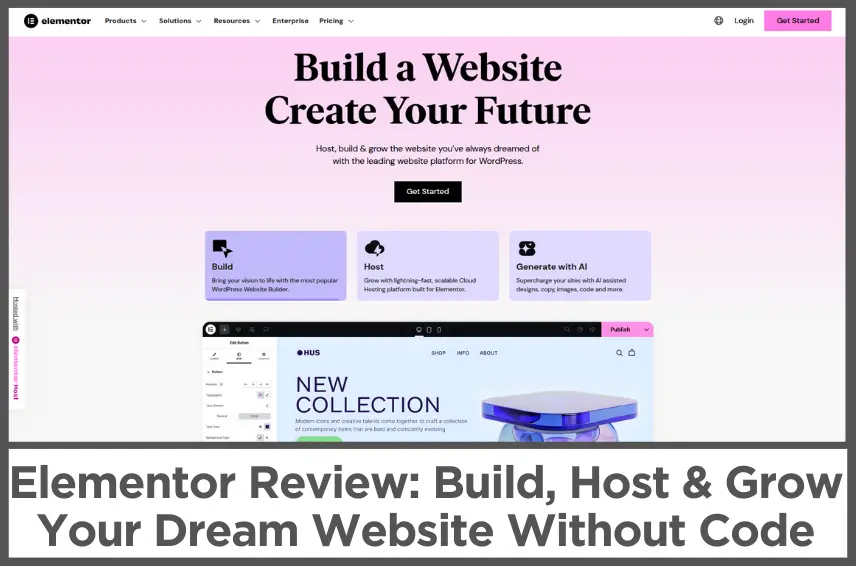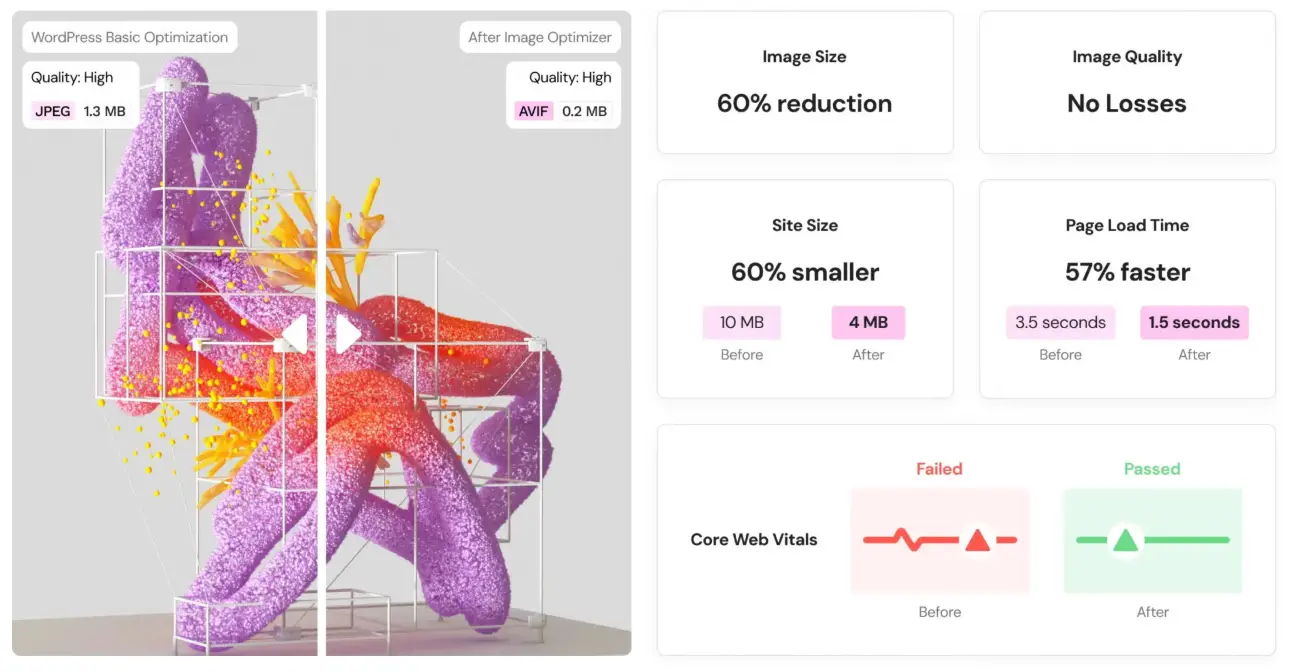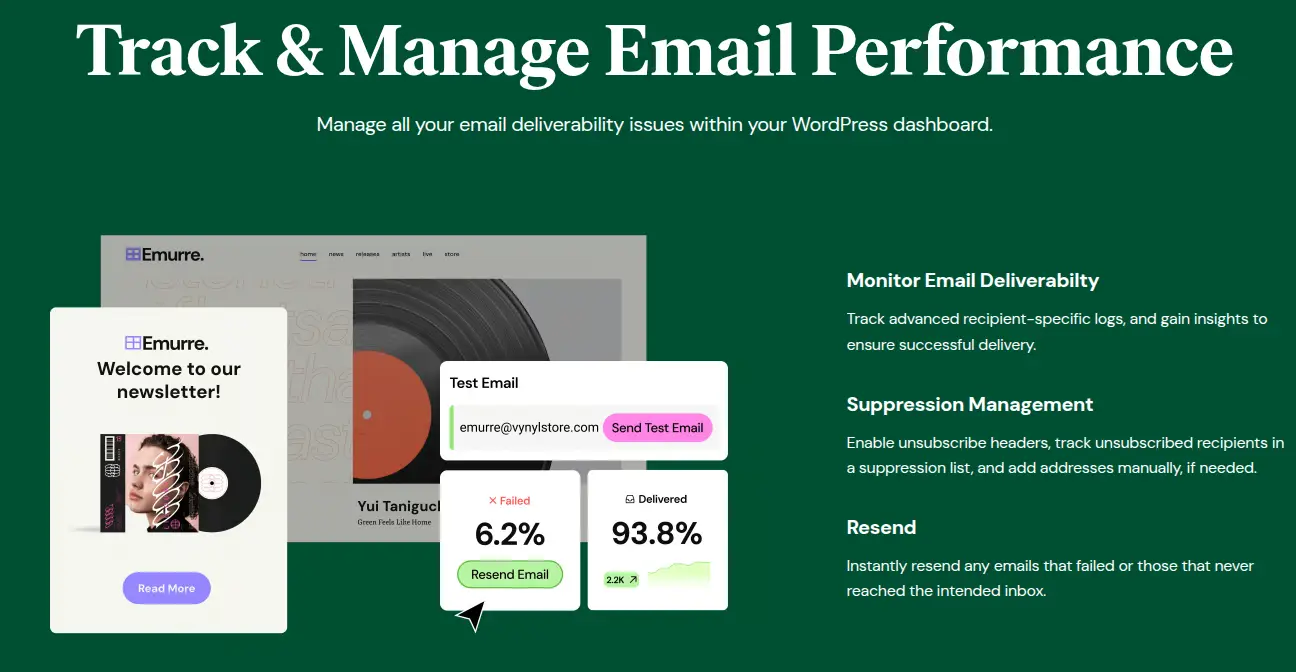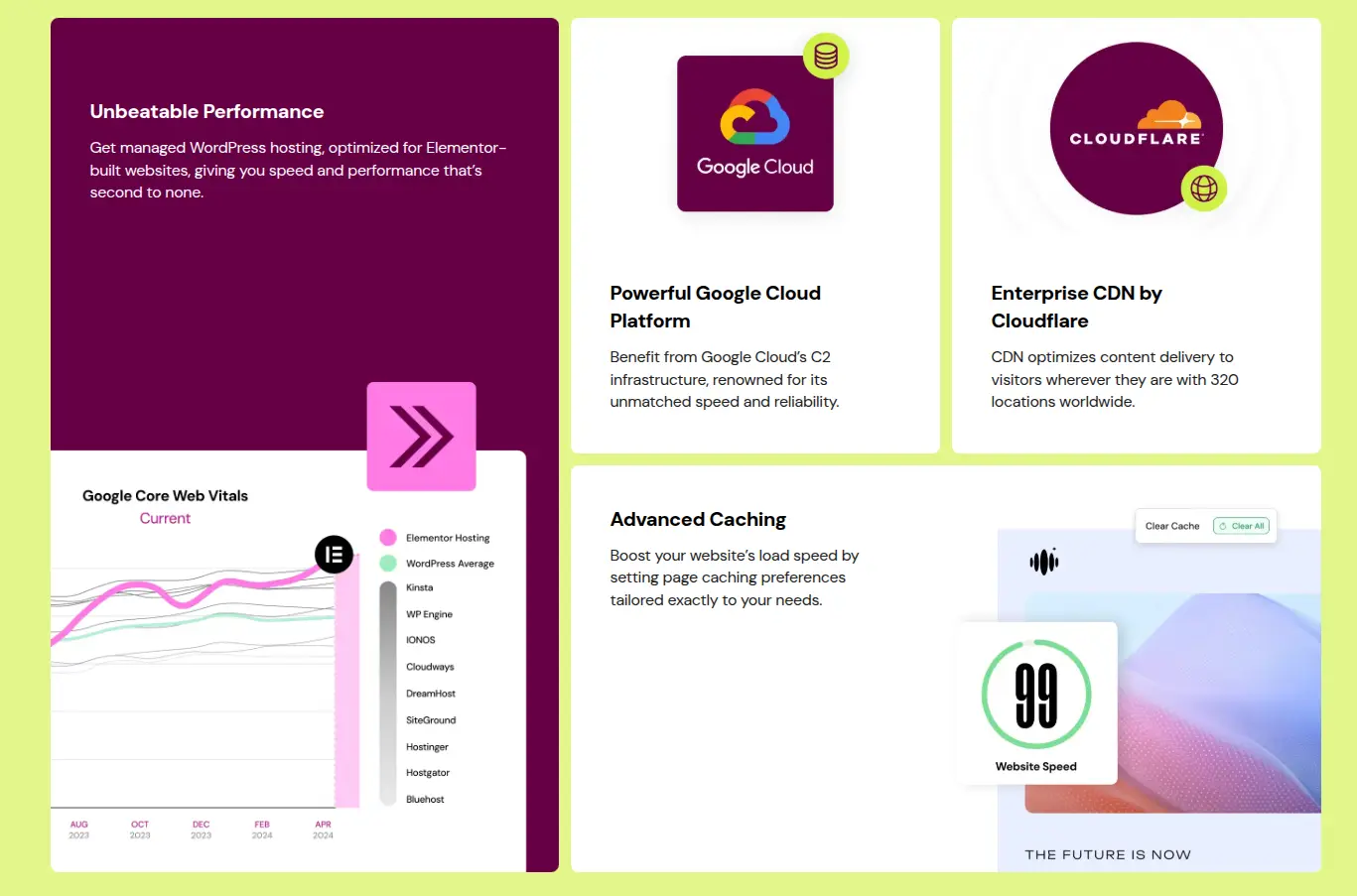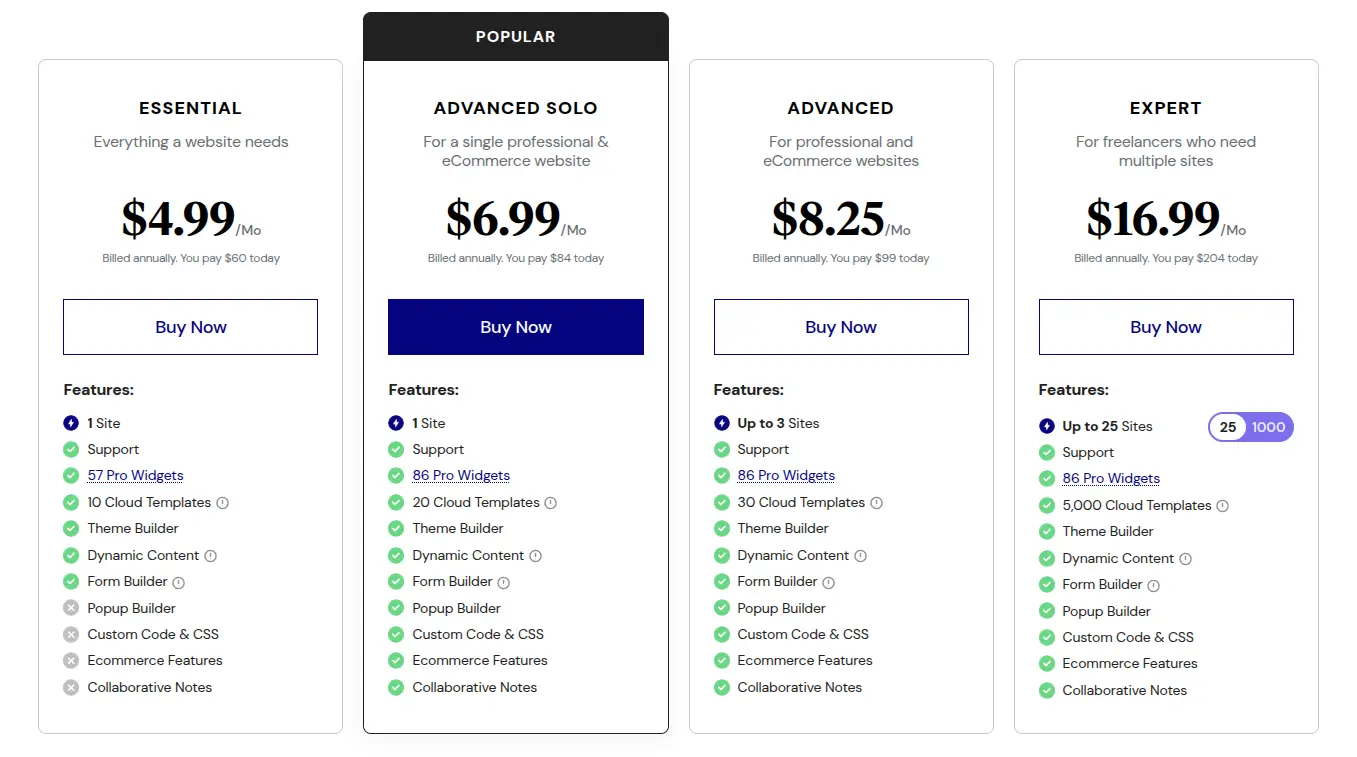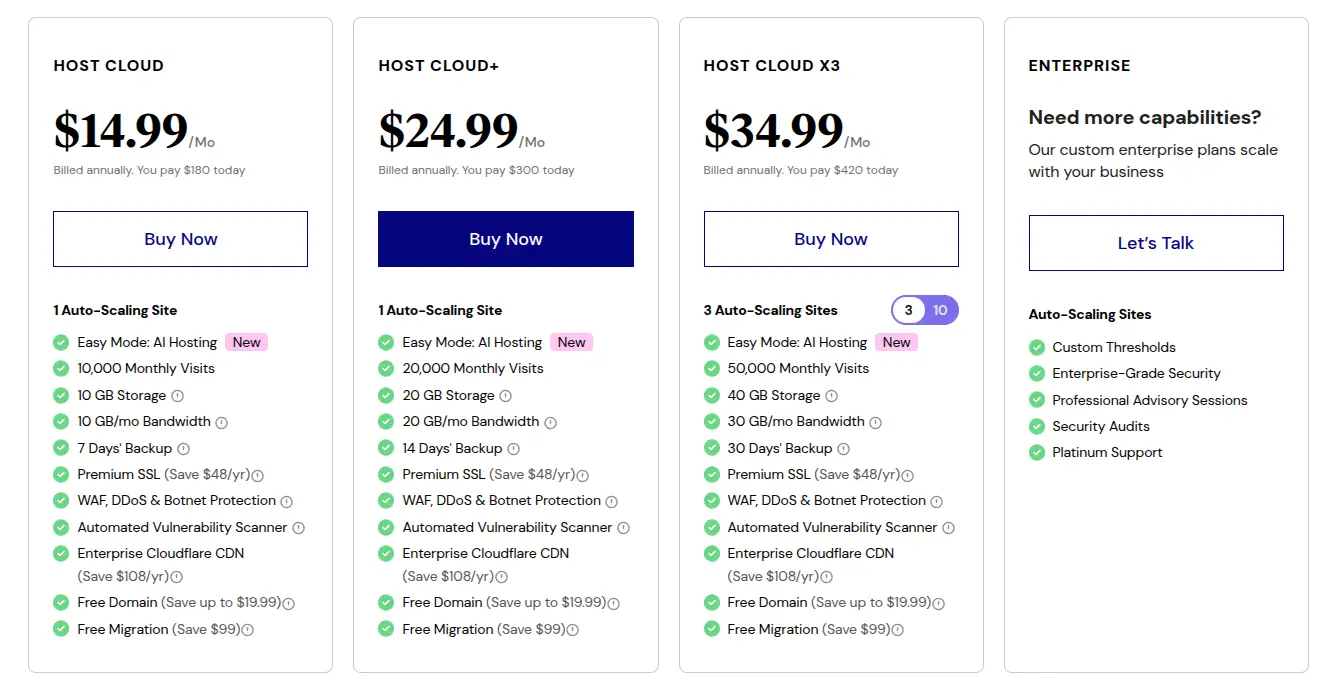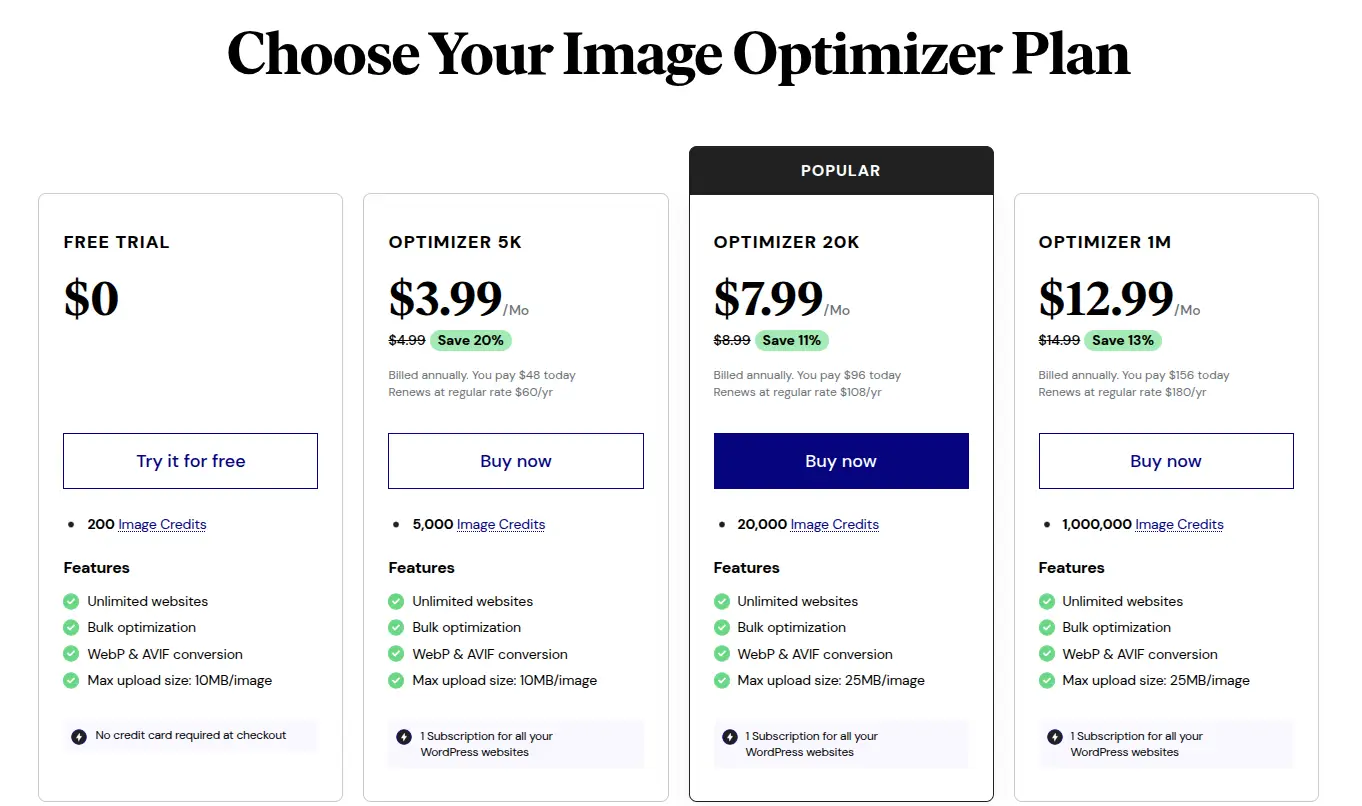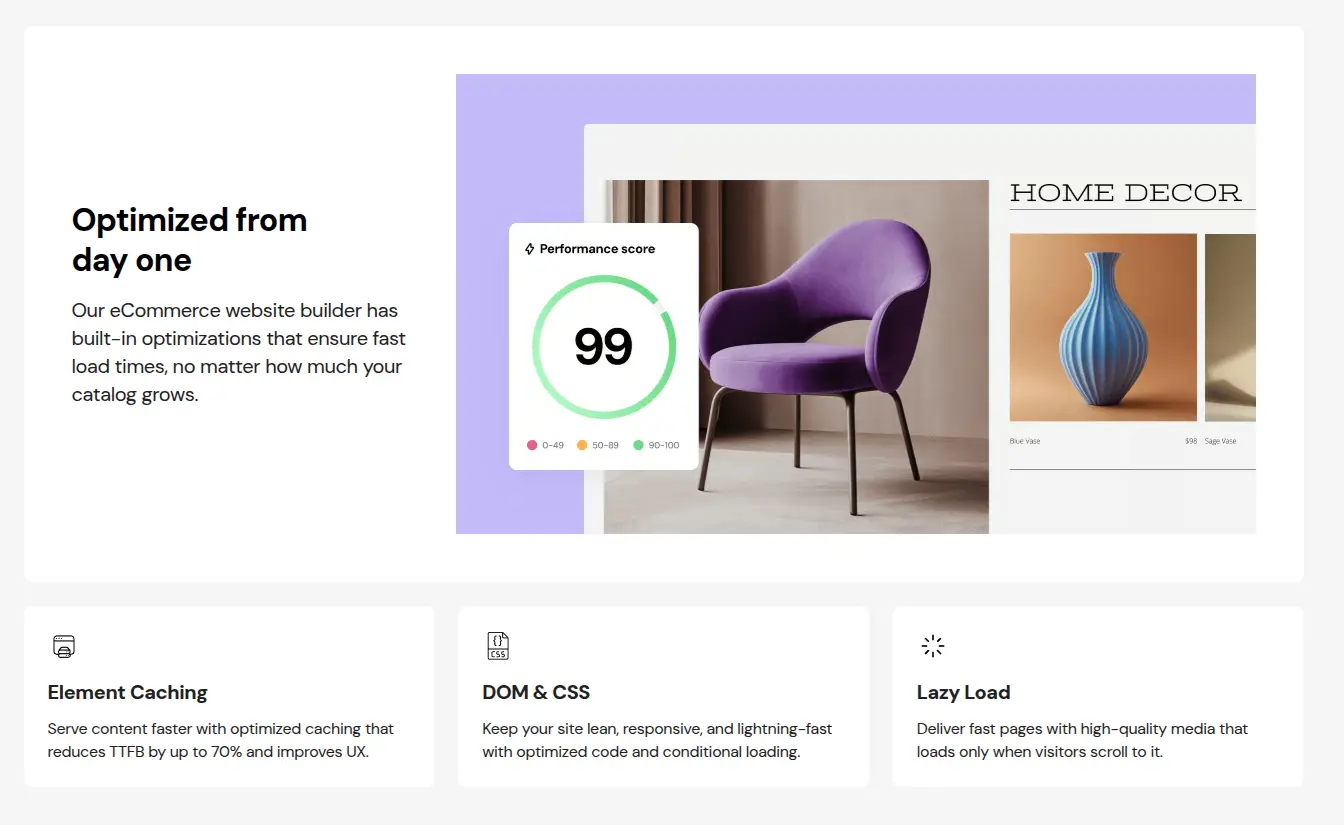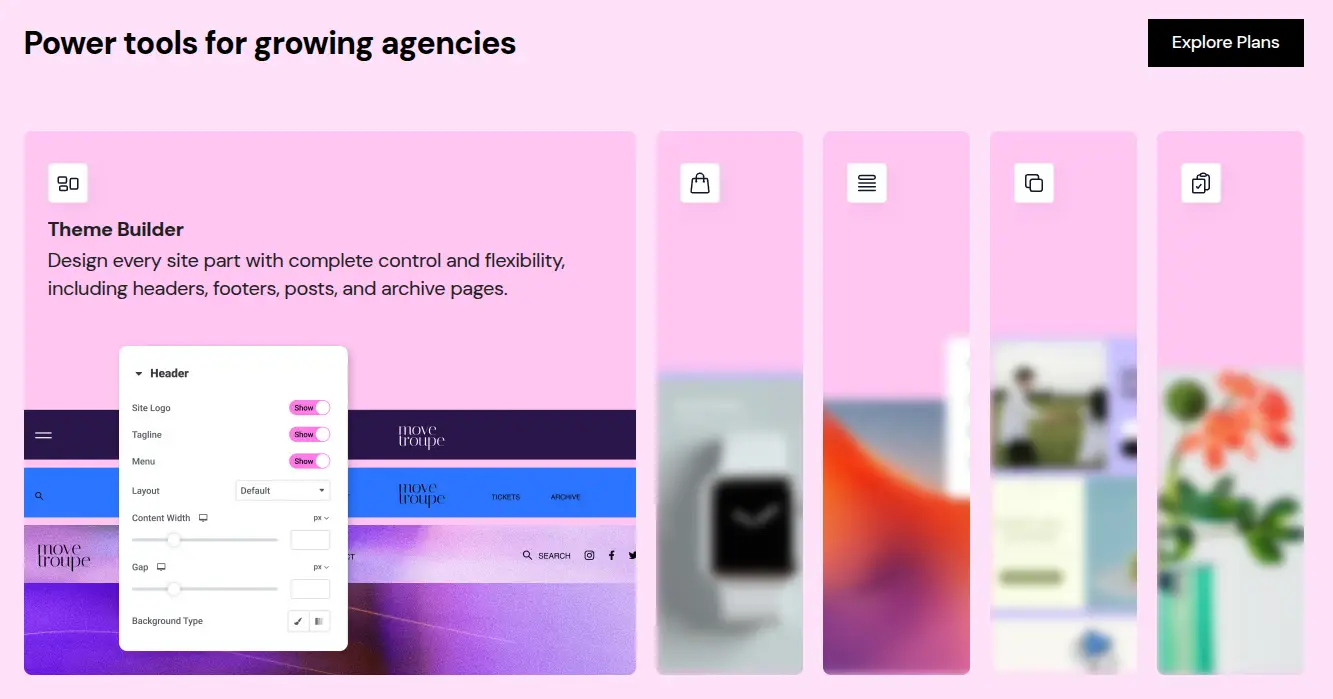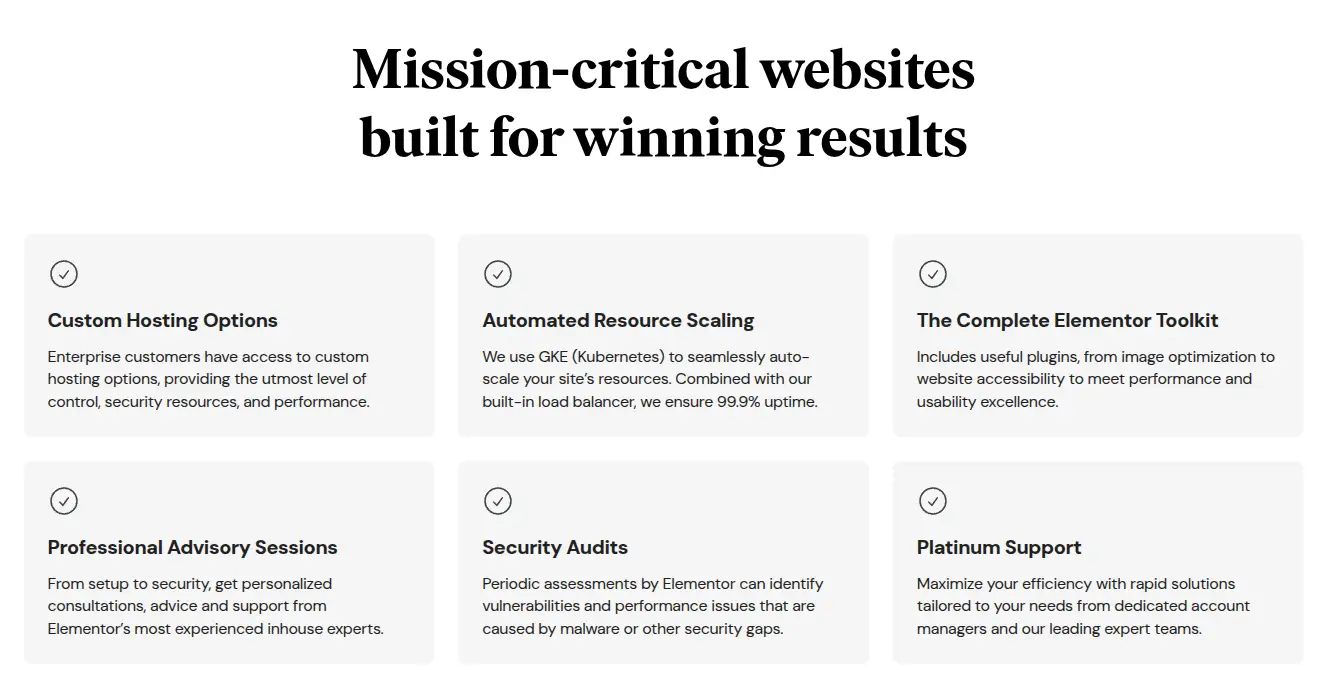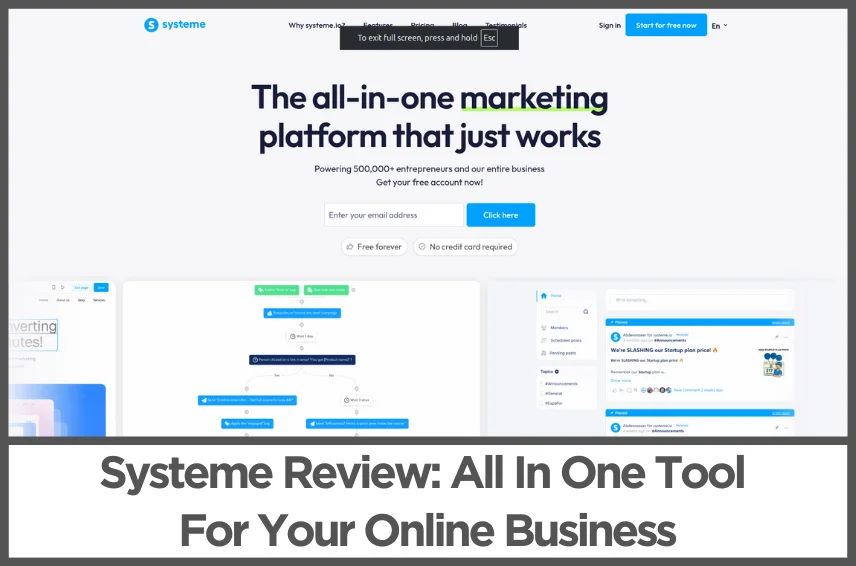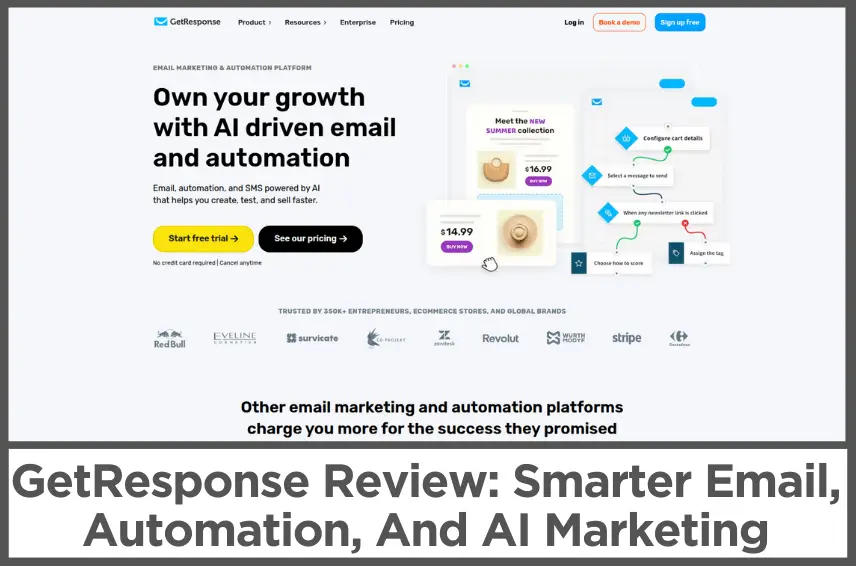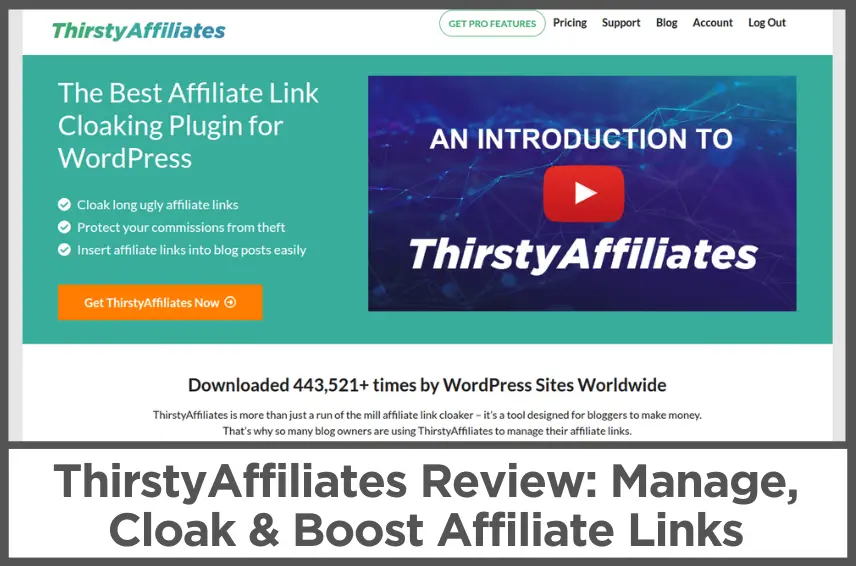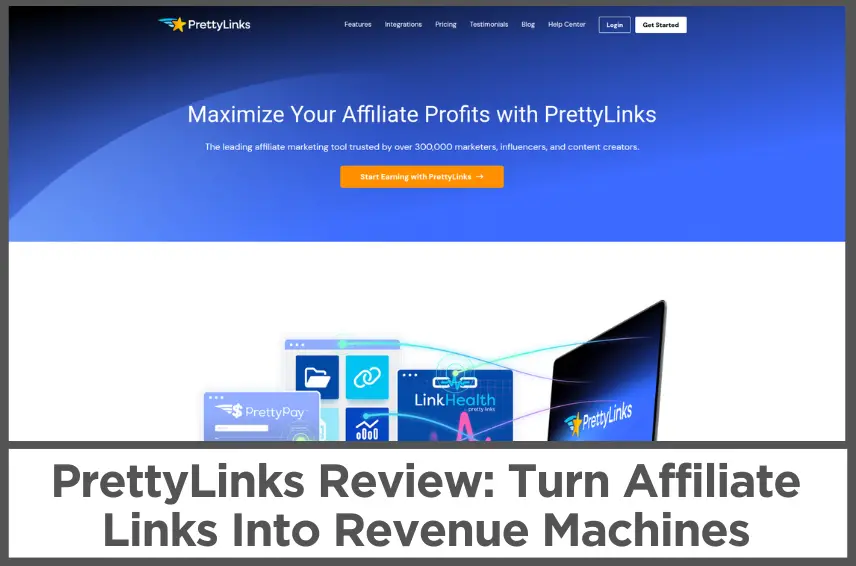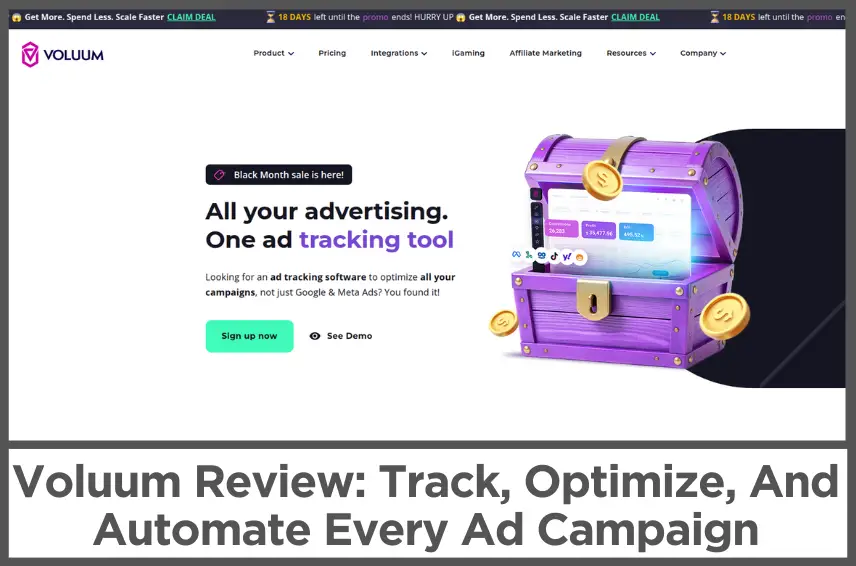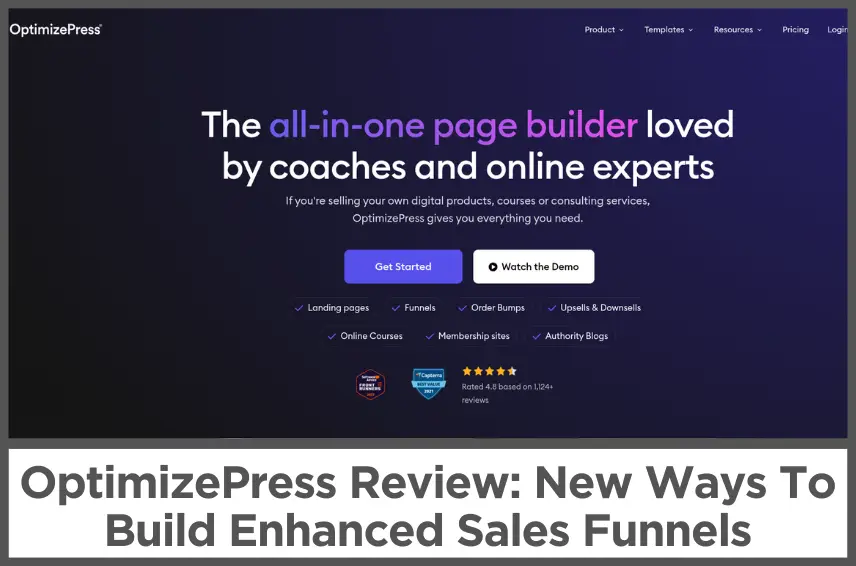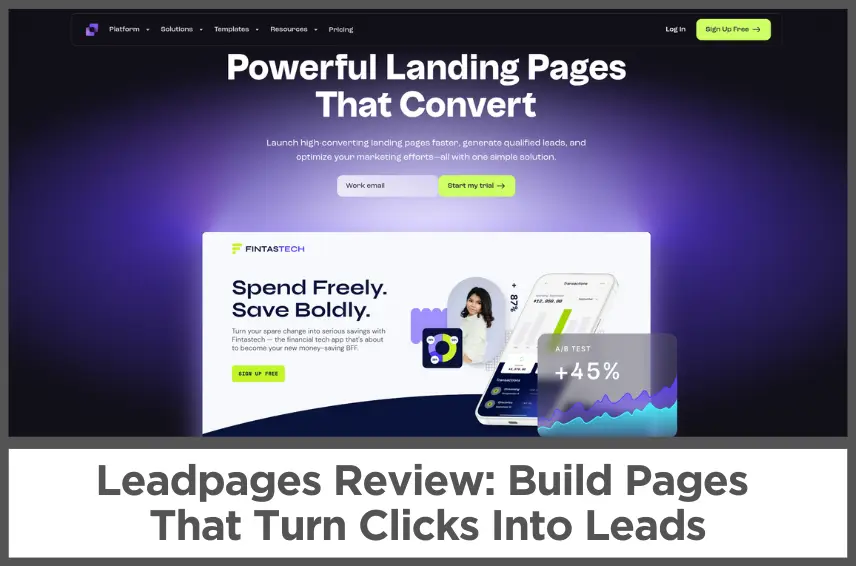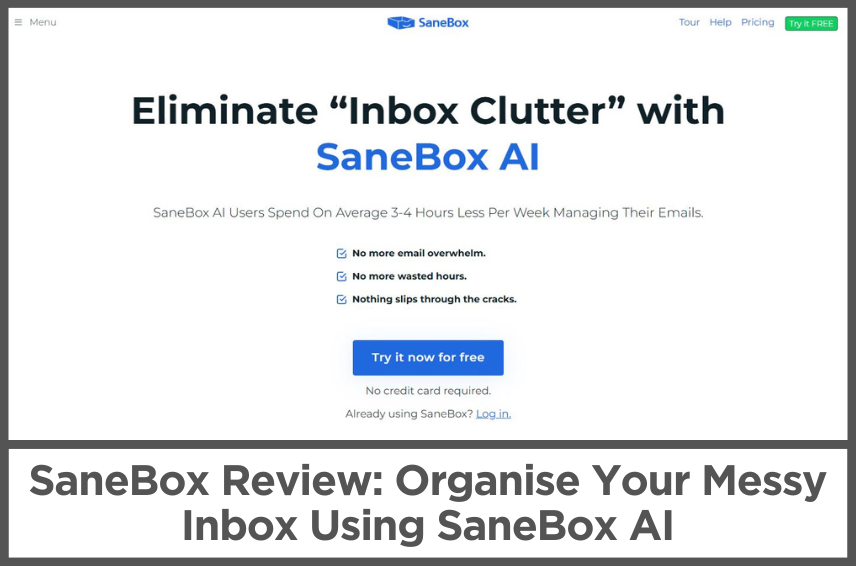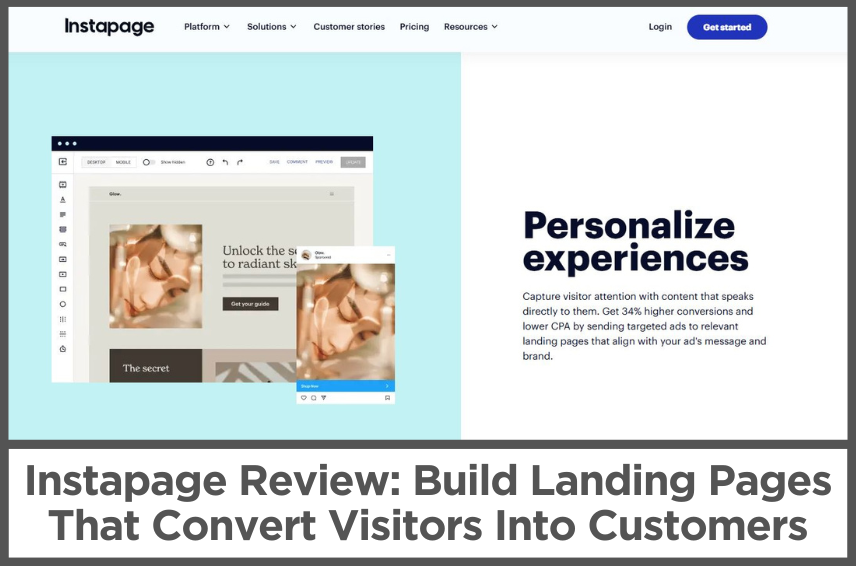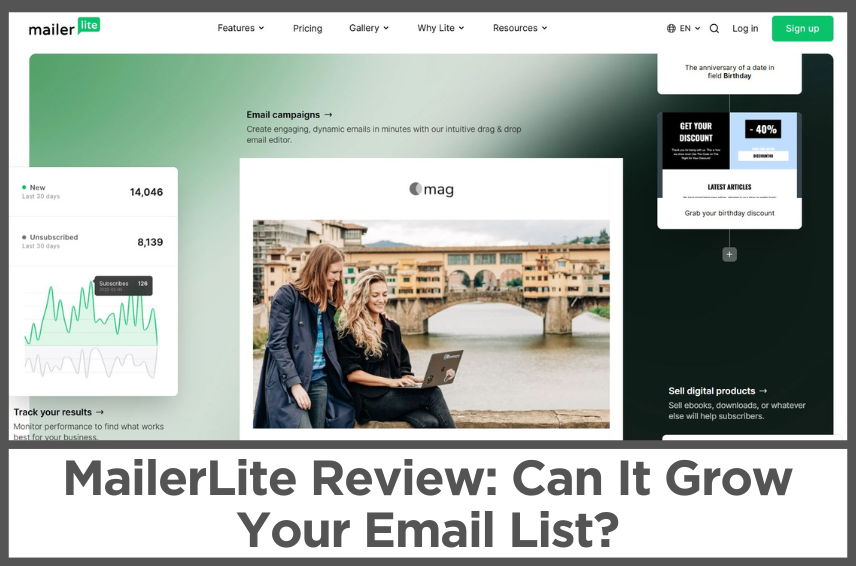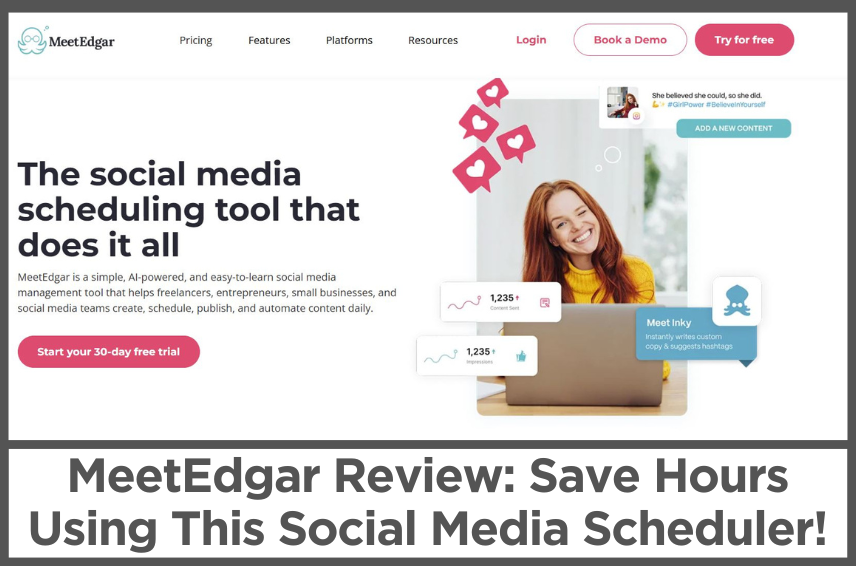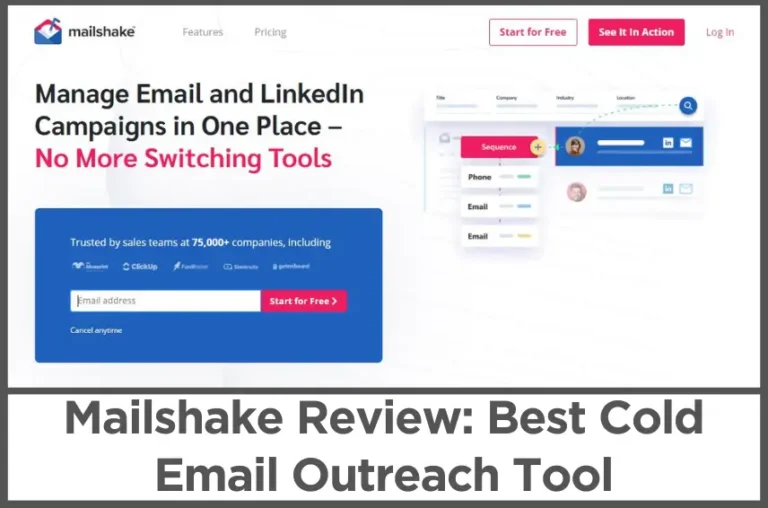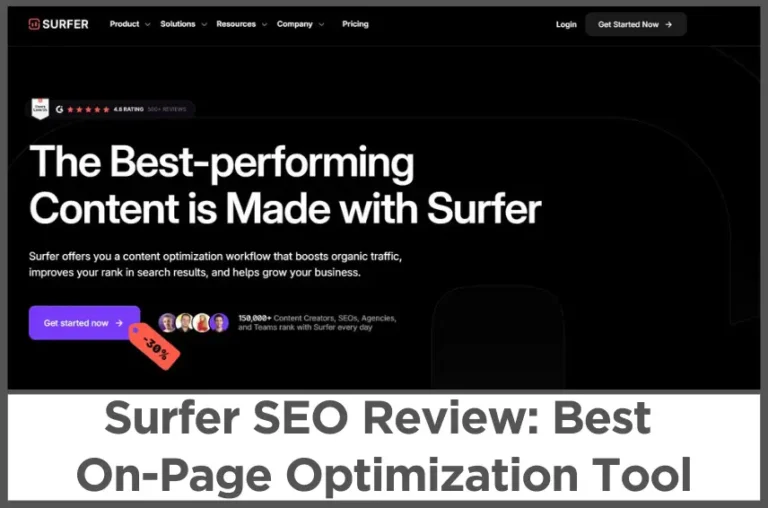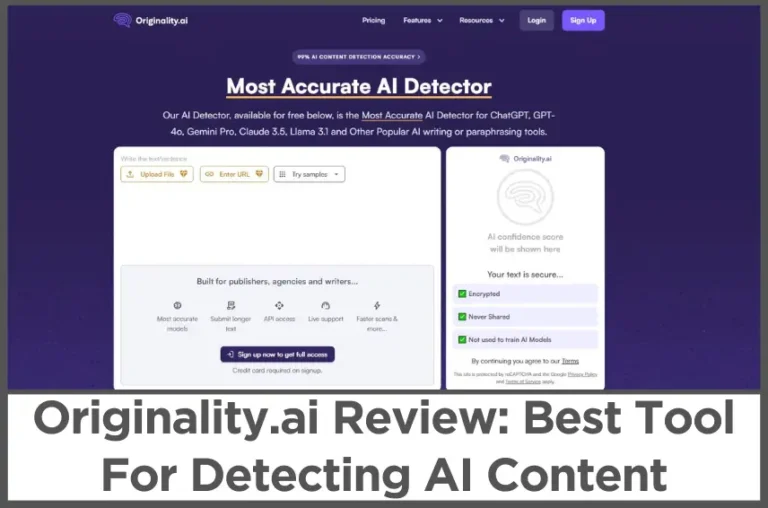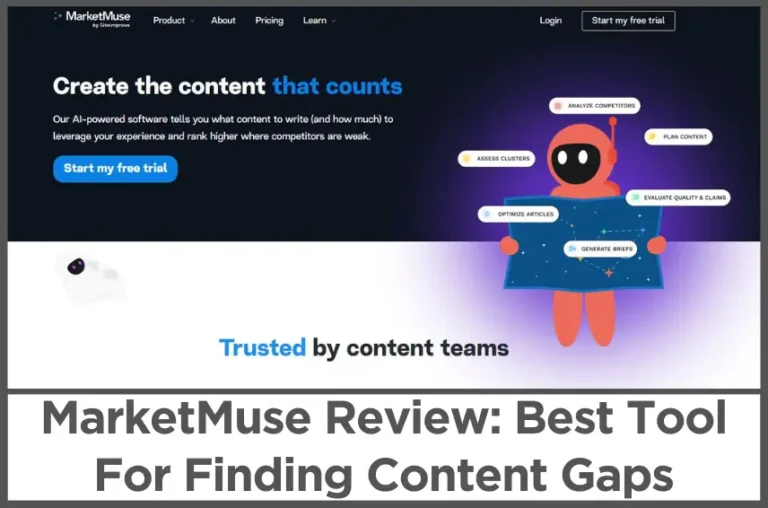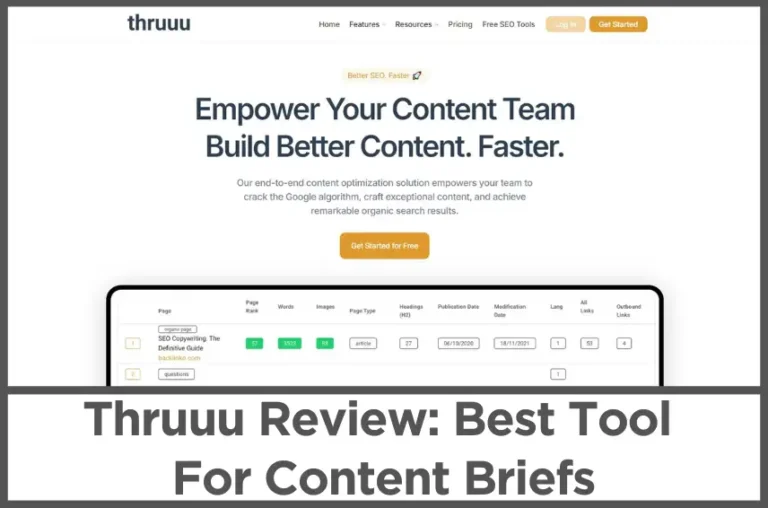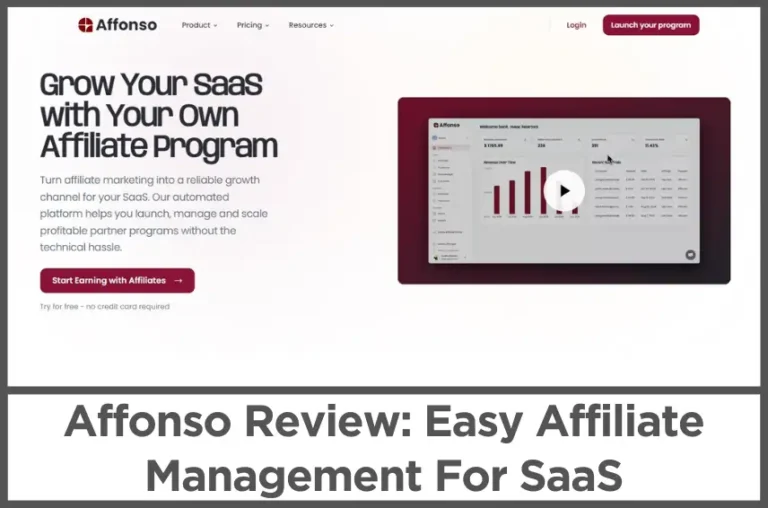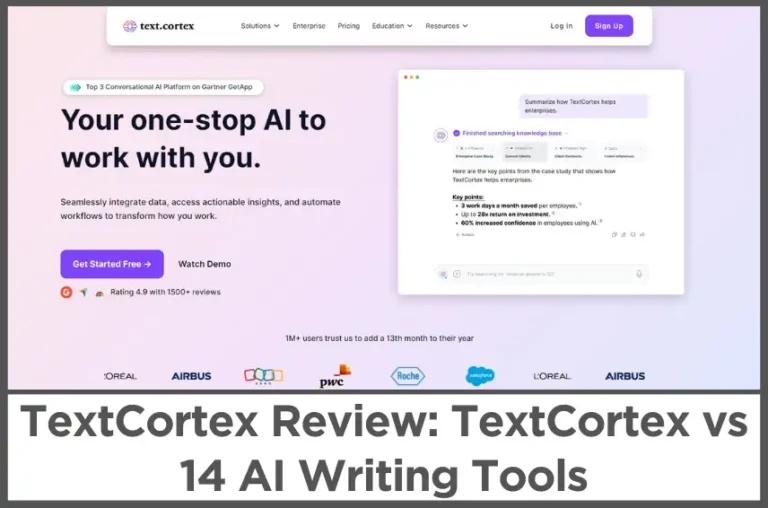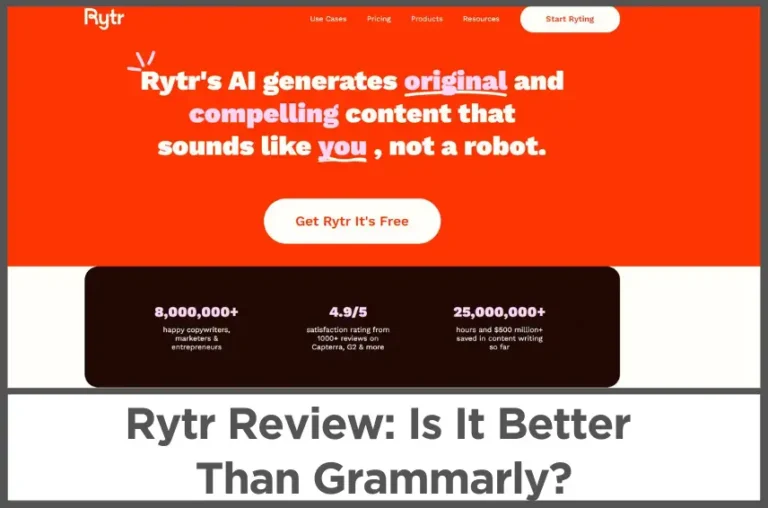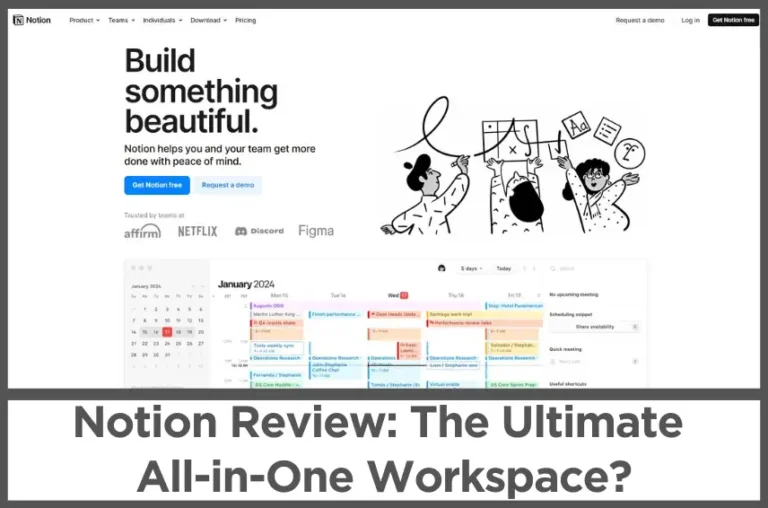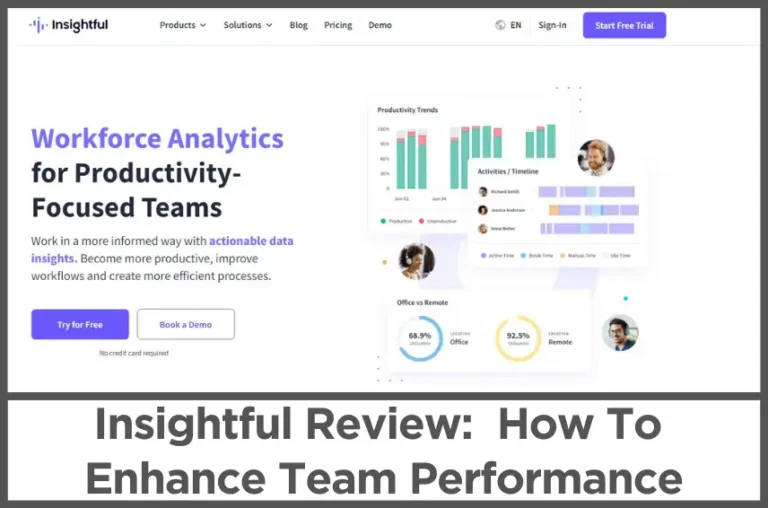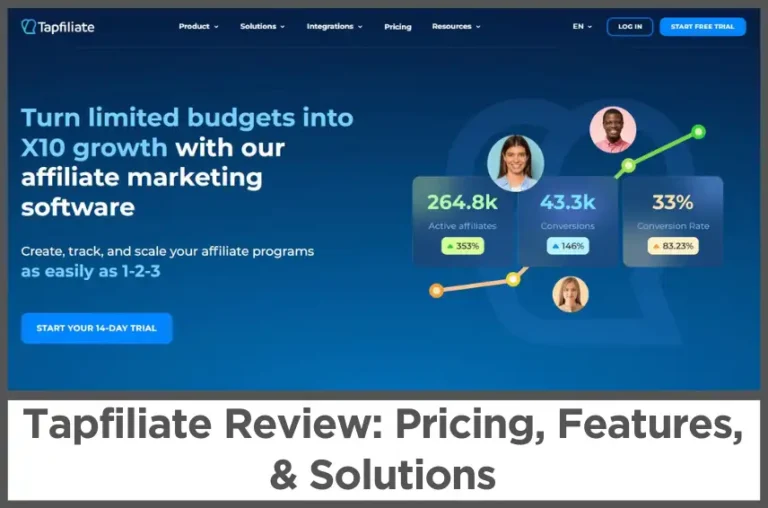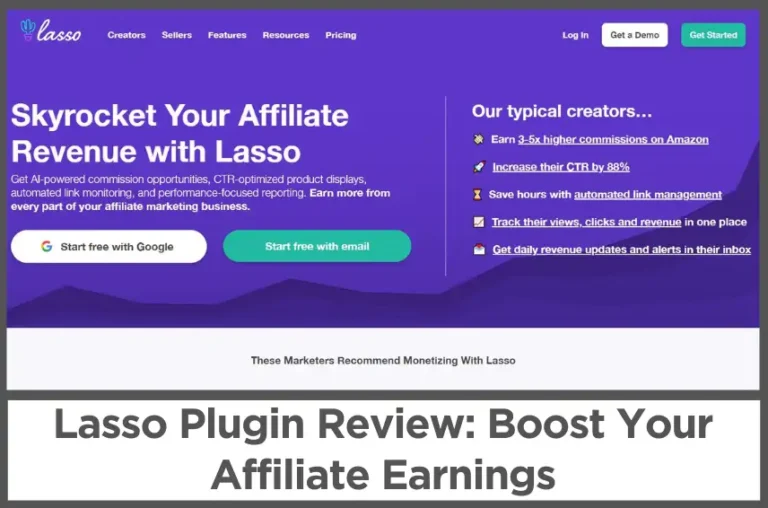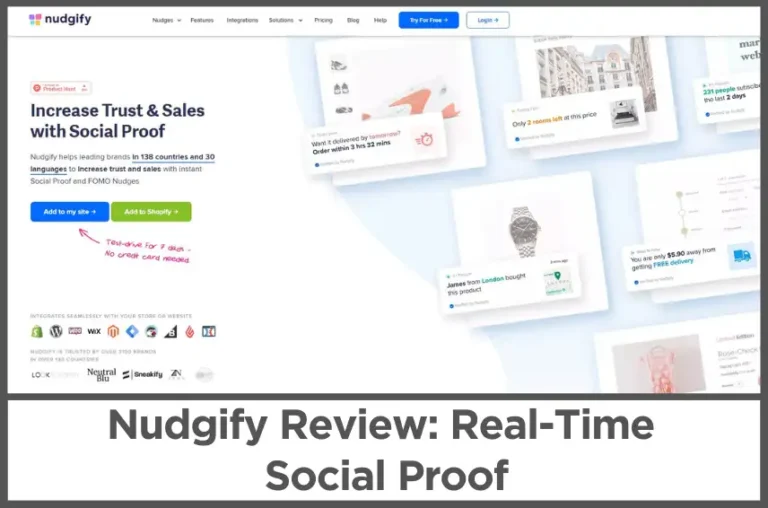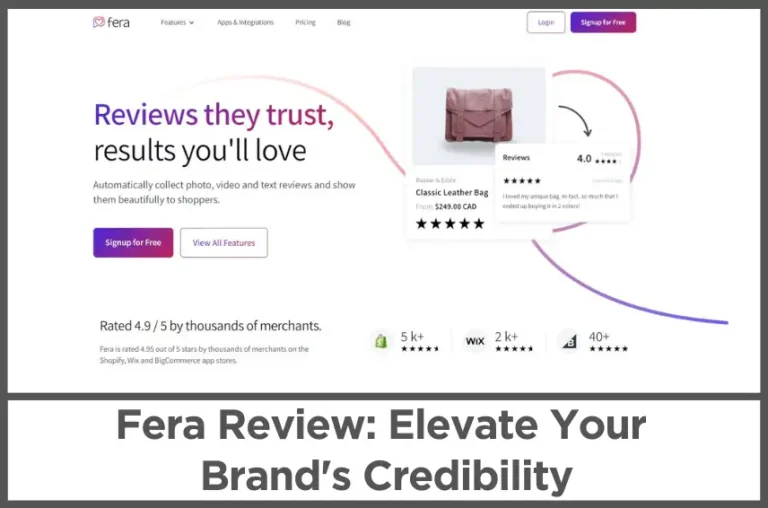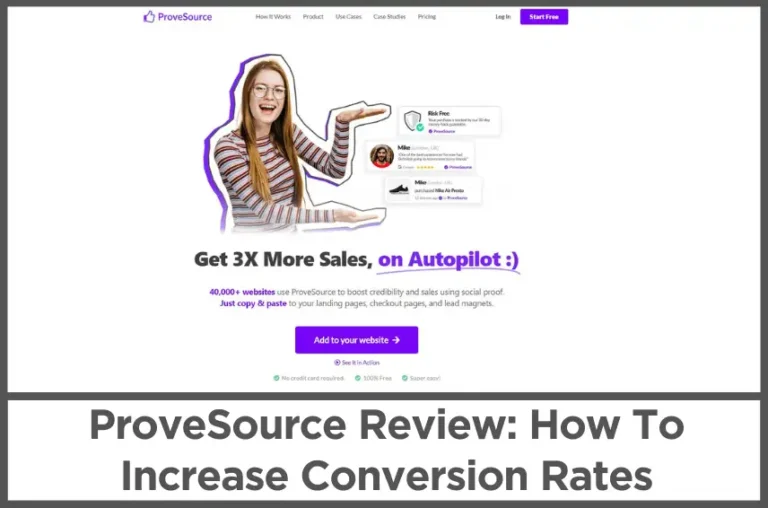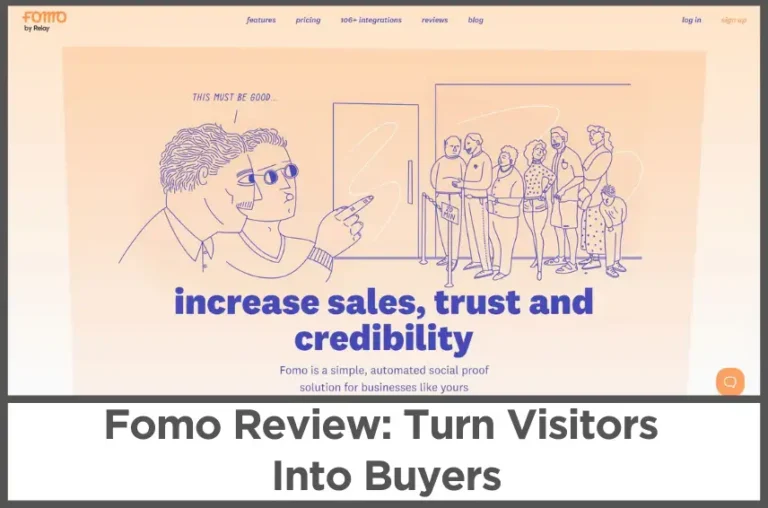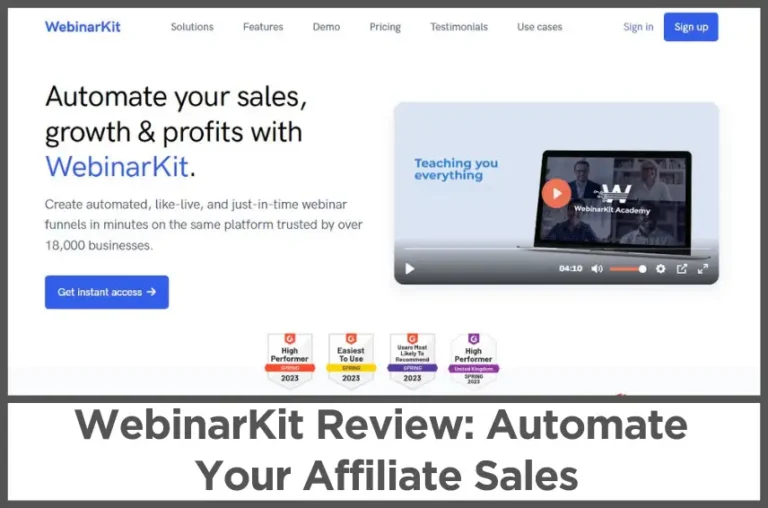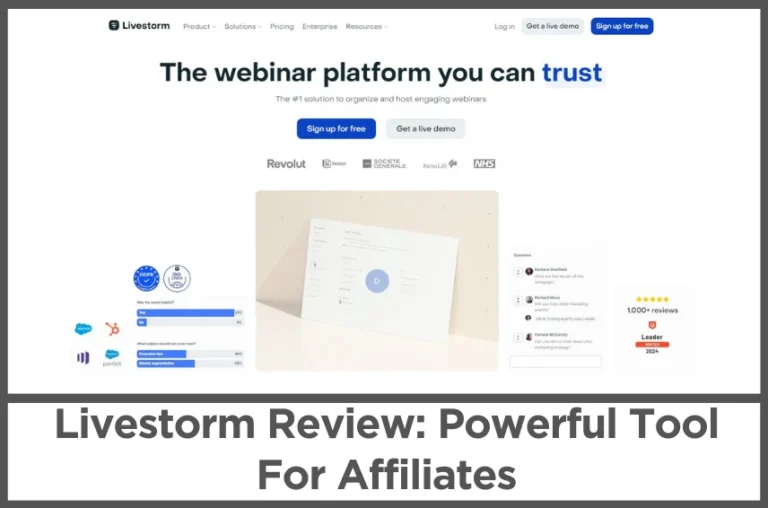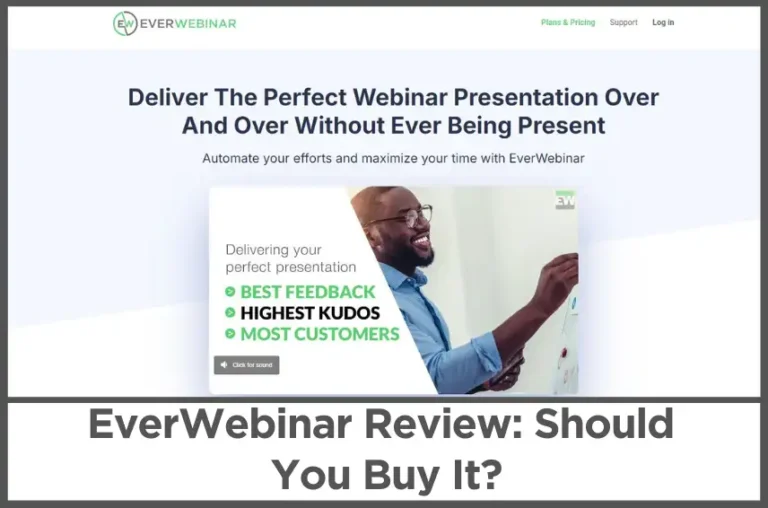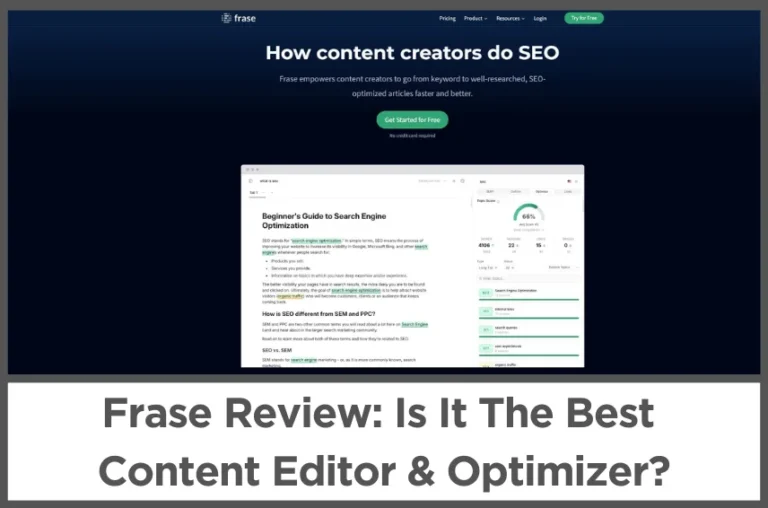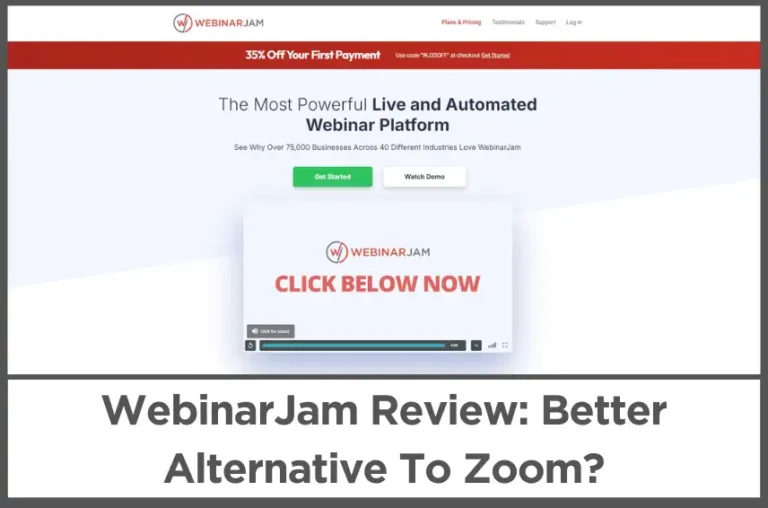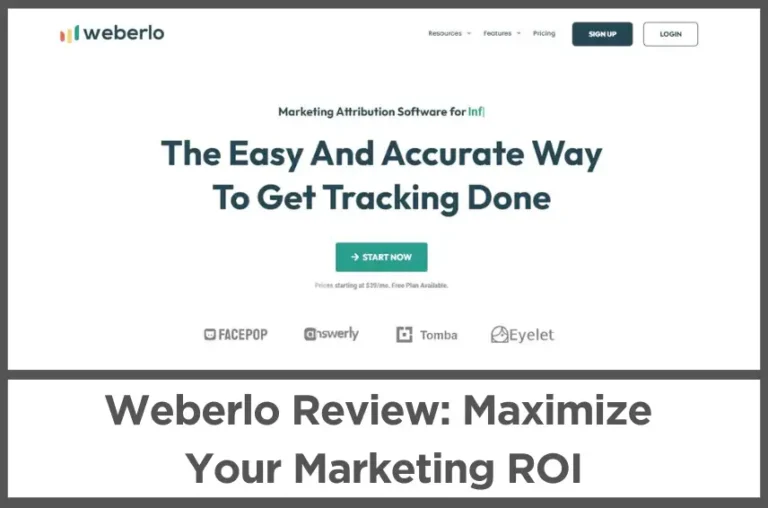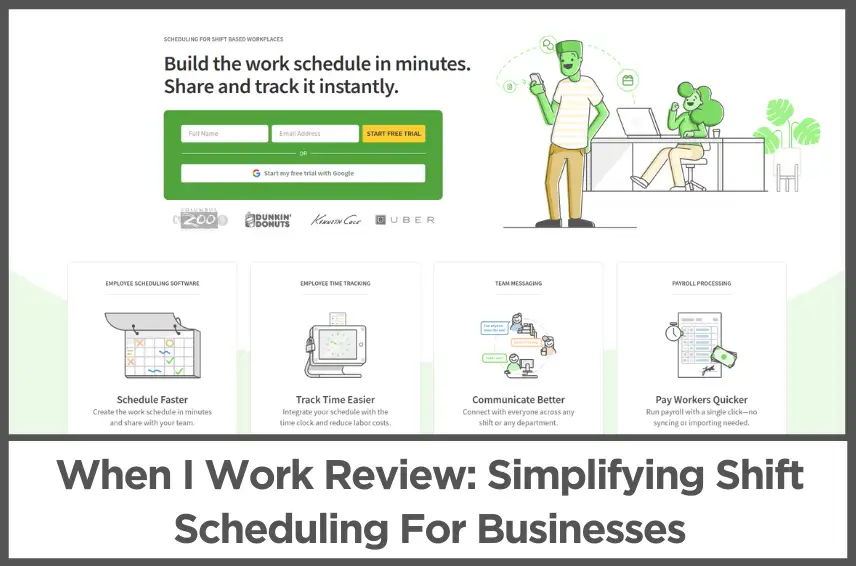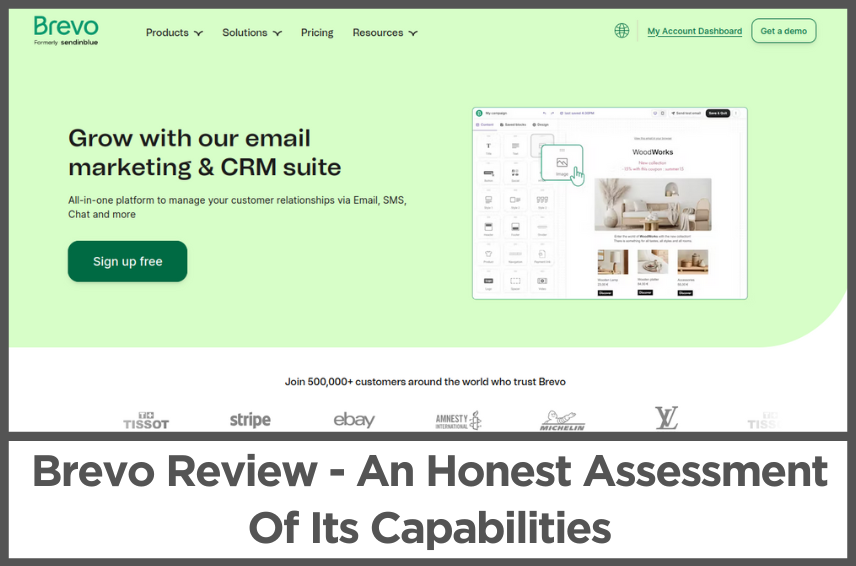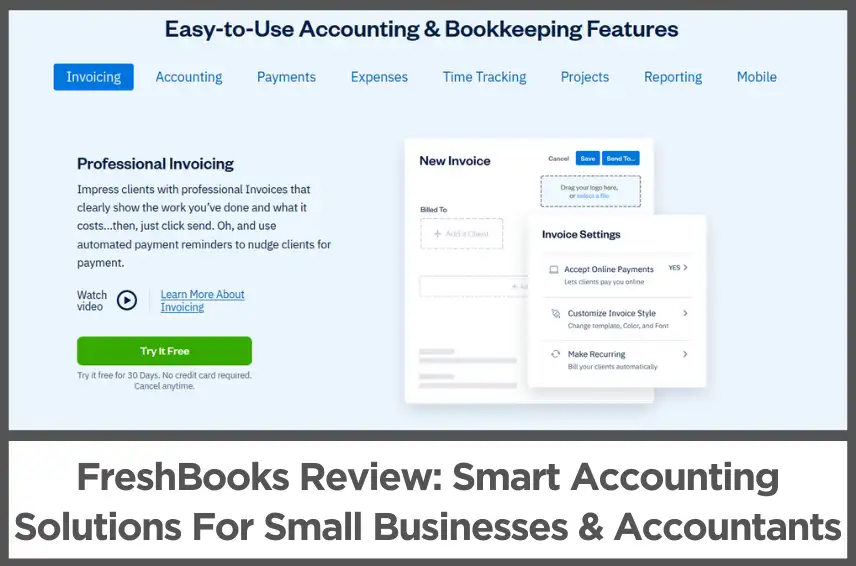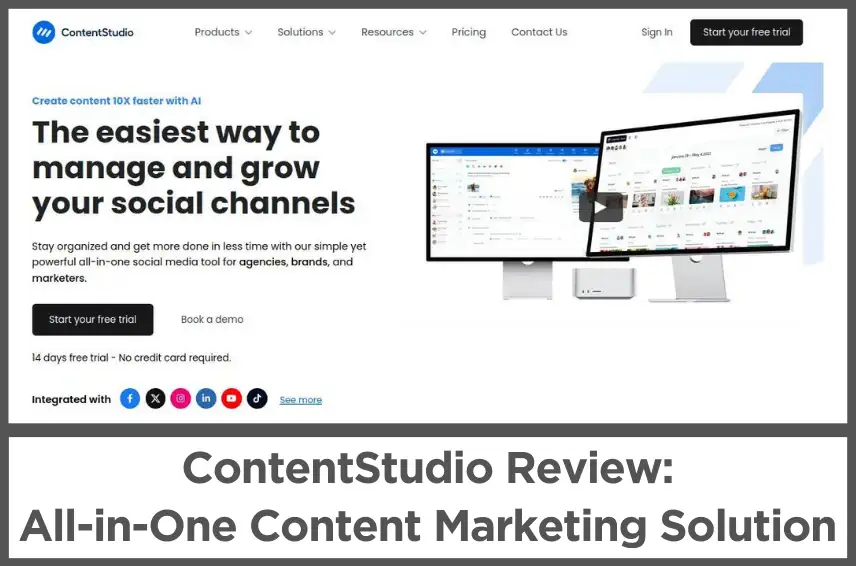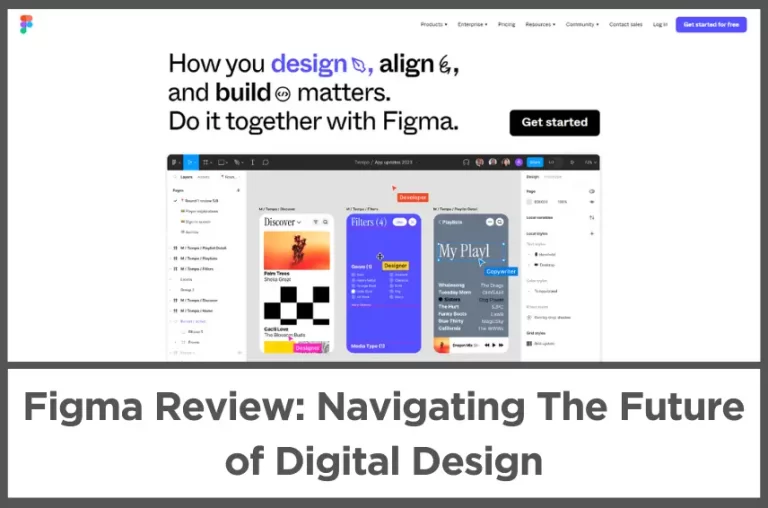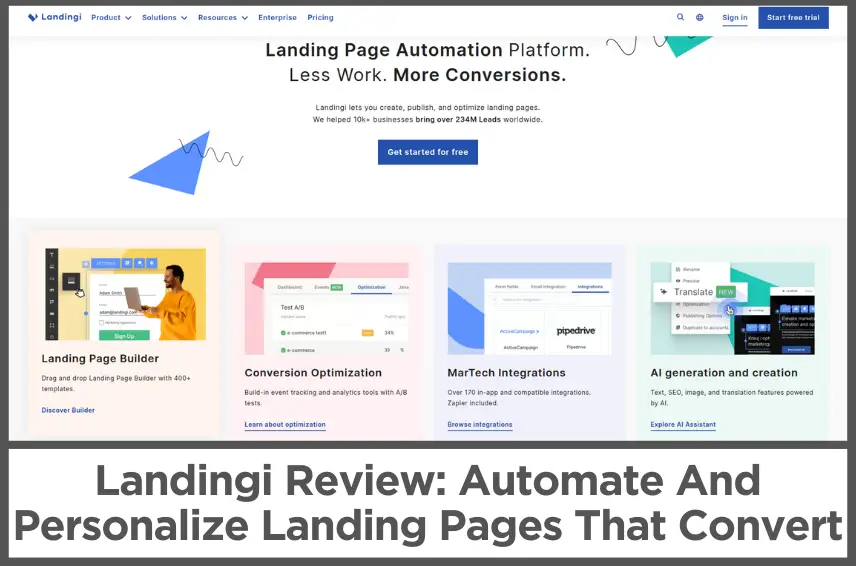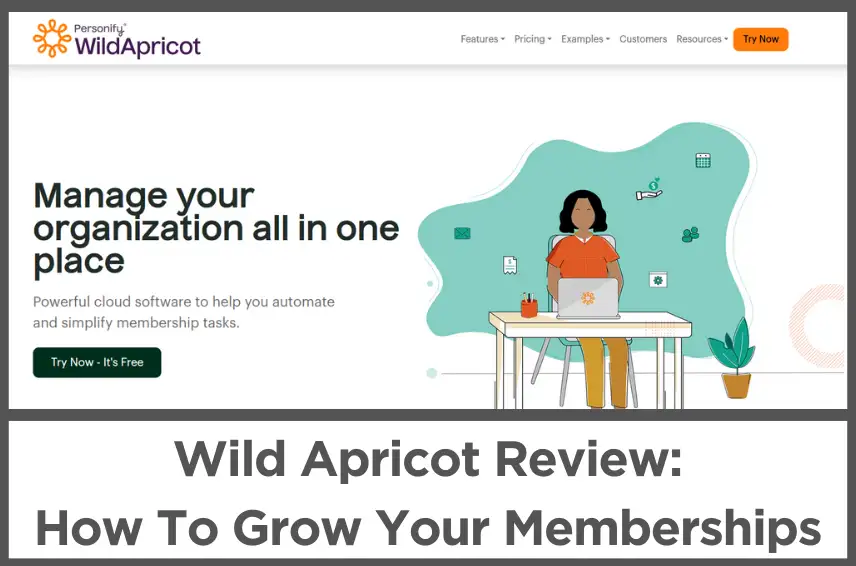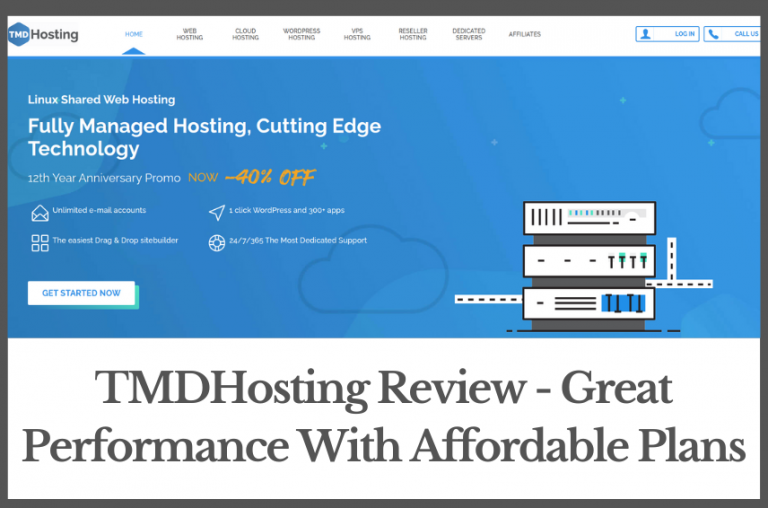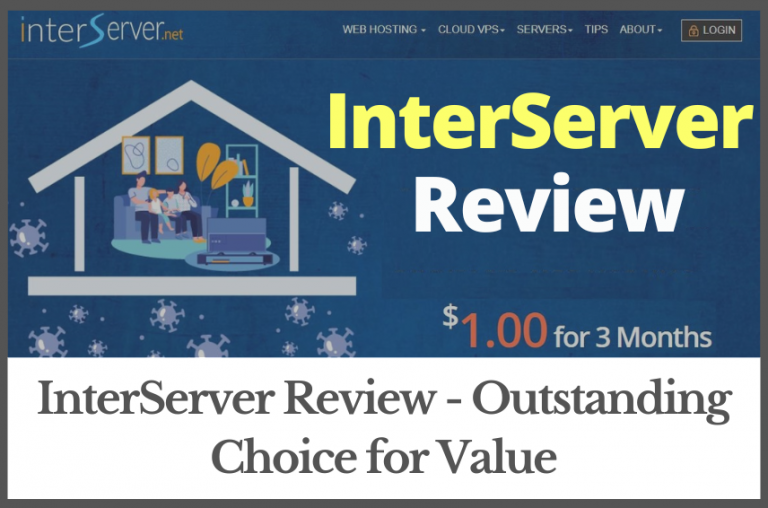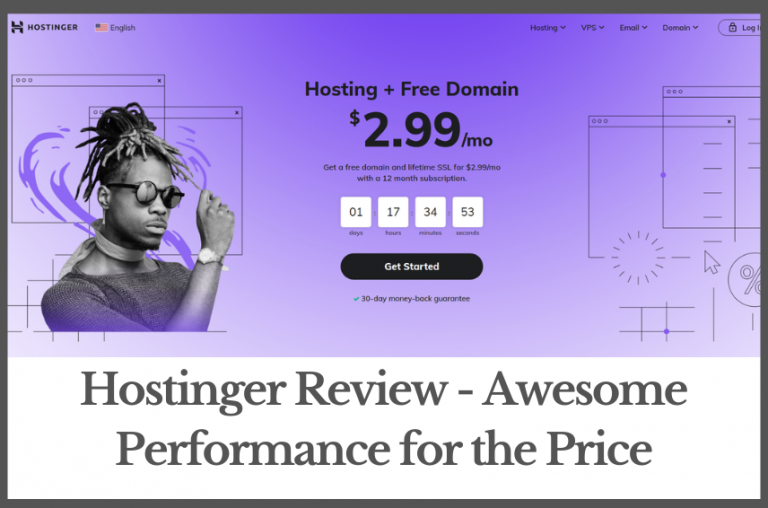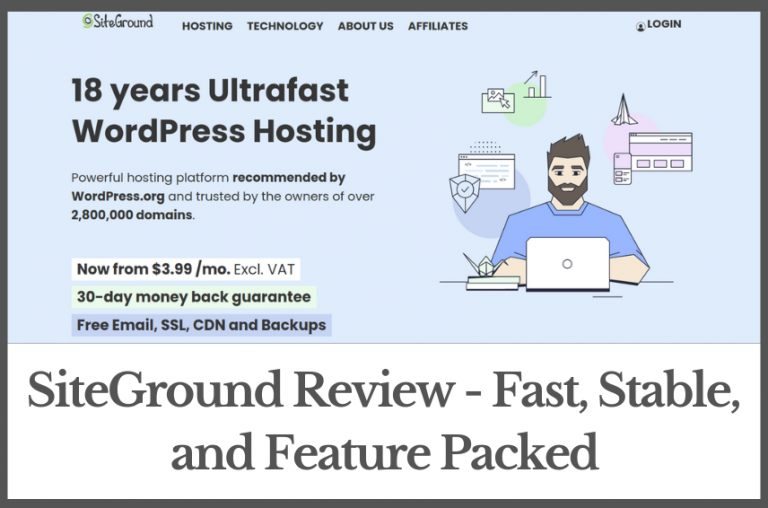Elementor Review (2026): Build, Host, And Grow Your Dream Website Without Code
by Abhigyan
Creating a professional website used to mean hiring developers, managing complex code, and spending countless hours trying to make everything look perfect.
Elementor changes that story completely. It gives you the power to build stunning websites visually, exactly how you imagine them, without needing to write a single line of code.
Everything happens live on the screen, so you can watch your ideas come to life as you design.
Elementor is more than just a page builder for WordPress. It’s a complete website platform that brings together hosting, design, and advanced tools in one place.
From freelancers to agencies and large enterprises, everyone can use it to create fast, reliable, and beautiful websites that perform well across all devices.
The platform has become a favorite among creators because it’s simple to use yet powerful enough to handle complex websites with ease.
What makes Elementor stand out is its flexibility.
You can start with a blank canvas, use wireframe designs, or pick from hundreds of ready-made templates built by professional designers.
Elementor’s Hello theme gives you a lightweight foundation to start with, while its design editor lets you customize every detail, from headers and footers to popups, product pages, and landing pages.
The platform also empowers creators to take full control of their projects. You can add your own fonts, icons, and even custom CSS or code snippets when needed.
Every feature is built to help you turn your ideas into real, functioning websites that represent your brand perfectly.
With millions of websites built using Elementor, it’s clear why it has become one of the leading WordPress tools today.
It’s fast, stable, and continuously evolving with features like AI assistants, automatic image optimization, and web accessibility tools.
If you’ve ever dreamed of building your own website but felt limited by technical barriers, Elementor shows you how simple and creative the process can be.
Disclosure: Some of the links I share might be affiliate links. If you click on one and make a purchase, I may earn a small commission as a thank you. But don’t worry, it won’t cost you anything extra. I only recommend stuff I genuinely believe in. Your support helps me keep creating awesome content. You can read my full affiliate disclosure in my disclaimer page.
IN THIS POST :
ToggleElementor Features
1. Website Builder
Elementor’s Website Builder is the heart of the platform and one of the biggest reasons people choose it for WordPress.
It uses a live drag and drop editor that lets you design your website visually and instantly see how every change looks.
You don’t have to write a single line of code, and that’s what makes it such a game-changer for both beginners and professionals.
Everything is controlled directly from the front end, which means you see your page come to life as you design it.
The system is built around 100+ widgets that give you total control over every section and layout.
With Elementor, you can build any type of page: product pages, contact forms, blog layouts, landing pages, or even 404 pages, and customize them freely.
You can create custom headers and footers, add sticky sections that follow users as they scroll, or edit pre-made templates and blocks to match your vision.
Every part of your site can be adjusted for perfect precision, and you get complete creative freedom without worrying about technical restrictions.
The builder’s pixel-perfect design tools ensure your site looks sharp on every device.
You can position every element exactly where you want it and use ready-made page templates to speed up your workflow.
If you prefer starting from scratch, Elementor gives you that freedom too.
The blank canvas mode lets you build from the ground up with a clean and lightweight base theme called Hello.
Customization is where Elementor really shines. You can upload your own fonts, use custom icons, and even add custom CSS or code snippets when you need deeper control.
The builder also supports custom post types and fields, allowing you to create specialized content for projects that go beyond standard pages.
E-commerce functionality is another highlight.
Elementor integrates seamlessly with WooCommerce, giving you full control over your product pages, shopping cart, and checkout design.
You can create an online shopping experience that’s visually appealing and optimized for conversion.
From integrating payment gateways like PayPal or Stripe to adding pop-ups that promote discounts, everything can be done within the same interface.
Landing pages and pop-ups are built in as well, so you don’t need extra plugins for marketing campaigns.
Elementor allows you to create unlimited landing pages, design them with templates, and control how and when pop-ups appear.
The Display Conditions feature helps you personalize what visitors see based on their behavior or device type.
You can create rules and conditions for each element, making every interaction feel more personal and relevant.
2. Angie AI Assistant
Elementor introduces Angie, an AI-powered agent that works directly inside WordPress to save you hours of manual work.
Angie understands how WordPress functions, including your themes, plugins, and page structure.
You can tell it what to do using natural language commands, and it will complete tasks like adding new pages, updating prices, or adjusting layouts within minutes.
It feels like having a smart assistant that knows exactly how your website operates and can perform real actions instead of just generating text.
What makes Angie different is how deeply it integrates with WordPress. It doesn’t just suggest ideas or create content; it executes complex, multi-step tasks across your site.
If you ask Angie to update your product catalog, change pricing in bulk, or adjust layout settings, it follows through instantly and accurately.
Every action Angie takes is visible and reversible, giving you full control. You stay in charge, and Angie acts only when you give permission.
Installing Angie is as easy as adding any regular plugin. There’s no setup or training needed. Once installed, it recognizes your website’s layout and structure automatically.
It works with other major plugins like WooCommerce, Gutenberg, ACF, and LearnDash, making it compatible with almost any type of WordPress site.
It also uses the Model Context Protocol (MCP) standard, which allows it to understand your site’s entire environment and perform actions beyond what most AI tools can handle.
Angie offers a free version that renews daily, allowing you to try it without any cost.
For heavier usage, you can choose between monthly and yearly plans that give you higher task limits.
Even with the free plan, you can experience how it transforms your workflow.
Instead of spending hours on small edits or maintenance tasks, Angie does them in minutes, freeing you to focus on creativity and strategy.
The AI assistant adapts to your existing setup, so you don’t have to restructure your site or tag content for it to work.
It understands your pages, templates, and plugins right out of the box.
This adaptability means Angie fits naturally into your workflow, making automation smooth and stress-free.
It’s perfect for creators who manage multiple websites or agencies that handle many client projects.
Security is built into Angie’s design. It respects WordPress’s role system and only performs tasks you authorize.
Sensitive actions like deleting content or changing settings always require your approval.
Everything Angie does stays within your WordPress environment, so you don’t have to worry about external systems accessing your data.
It’s a safe, practical, and efficient way to bring AI automation into your daily web creation process.
3. Site Planner
The AI Site Planner in Elementor helps you map out professional websites in just a few minutes.
You simply start a chat with the AI, describe your business or project, and it generates a complete sitemap, wireframe, and project brief.
The goal is to remove the stress of starting from a blank page and speed up the planning phase that usually takes hours.
Within minutes, you’ll have a visual structure of your website ready to refine.
Once the wireframe is generated, you can edit and fine-tune it using Elementor’s familiar editing tools.
The Site Planner gives you professional-grade wireframes based on design principles that work across industries.
You can adjust layouts, regenerate sections, or replace content directly in the interface.
It’s a huge time-saver for freelancers, agencies, or anyone who wants to start building websites faster and more efficiently.
The tool is completely free to use and doesn’t require Elementor Pro for the initial planning stage.
However, if you want to import the generated plan directly into your live website, Elementor Pro makes that process seamless.
Pro integration ensures all advanced widgets, themes, and elements transfer correctly without compatibility issues.
Even without Pro, you can still export or manually apply the layout to your existing site structure.
Site Planner’s performance is optimized through clean, container-based structures and native Elementor widgets.
This means your generated layouts won’t slow down your website or add unnecessary code.
Everything is built with optimization in mind, so you can go from planning to publishing without worrying about bloated designs or performance drops.
You maintain full control over every part of the design and can tweak it to match your brand.
Managing multiple client projects is easy with Site Planner. It allows you to create and switch between different site plans using a dedicated dropdown.
You can revisit older projects, make edits, or regenerate sections anytime.
This flexibility makes it ideal for agencies handling several clients at once, as each project stays organized and accessible in one dashboard.
While the current version focuses on full website planning, Elementor has hinted at expanding Site Planner’s capabilities to include single-page matching features soon.
That would allow you to generate new pages that blend perfectly with existing sites.
Even in its current form, Site Planner offers a fast, structured way to go from idea to a working website plan, a process that used to take days, now reduced to minutes.
4. Image Optimizer
Elementor’s Image Optimizer is designed to keep your website fast without compromising image quality.
It compresses and converts images into modern formats like WebP and AVIF, significantly reducing file size and improving page load times.
This optimization is critical because large, uncompressed images often slow down websites and affect SEO rankings.
With Image Optimizer, your visuals remain crisp while your pages load much faster.
You can choose between lossless and lossy compression depending on your needs.
Lossless compression keeps the image quality exactly the same while making the file smaller.
Lossy compression reduces file size further by removing some data that the human eye can barely notice.
This flexibility gives you control over the balance between speed and quality, depending on the purpose of each image.
The plugin can automatically optimize new uploads or handle your existing media library in bulk.
Once set up, it runs in the background and processes images according to your chosen settings.
You can also back up and restore original image files anytime, so you never lose your original assets.
This “set it and forget it” approach keeps your website fast without requiring constant management.
Optimized images directly boost your website’s SEO and user engagement.
Faster load times mean better search engine rankings and happier visitors who stay longer on your site.
It also improves performance on mobile devices, where slow-loading pages can drive users away.
The difference in experience is noticeable, especially for e-commerce sites or image-heavy portfolios.
The Image Optimizer includes a free trial that allows you to test the service using credits for a limited number of images.
This trial gives you a clear sense of how much faster your site can become after optimization.
Once you’re satisfied, you can upgrade to one of the three paid plans depending on how many images you need to process.
If you ever cancel your subscription, your optimized images stay on your website, so you don’t lose any of the improvements you’ve already made.
However, you won’t be able to optimize new uploads until you renew your plan or return to the free tier.
It’s a practical, business-friendly system that keeps your site performance strong even if you take a break from active optimization.
5. Site Mailer
The Site Mailer plugin in Elementor takes care of one of the most overlooked parts of running a website, making sure your emails actually reach their destination.
WordPress can send emails by default, but those often end up in spam or fail due to server issues.
Site Mailer fixes that problem by ensuring high deliverability for all your transactional emails without needing extra SMTP plugins or complicated integrations.
It’s built directly into your WordPress environment, making the whole process simple and reliable.
Transactional emails are essential for keeping your users informed. They include messages like order confirmations, password resets, and account updates.
When these fail to arrive, it can hurt your credibility and frustrate your customers.
Site Mailer ensures those messages land in the inbox, not the spam folder, giving your visitors a smooth and trustworthy experience.
It’s especially helpful for e-commerce websites and membership sites that rely on automated communication.
Setting up Site Mailer is easy. You just install the plugin, activate it, and follow the built-in setup steps.
The plugin will help you verify your custom domain to make sure your emails are properly authenticated.
Once your domain is connected, you can send a test email directly from the dashboard to confirm everything works correctly.
You don’t need to connect any third-party mail servers or copy API keys from other platforms; Site Mailer handles it all inside WordPress.
The plugin also provides detailed logs so you can track your email performance.
You can see who received your messages, which ones failed, and how many were delivered successfully.
This transparency helps you spot problems quickly and ensures that no important message goes unnoticed.
If any email fails, Site Mailer gives you the option to resend it instantly, saving you from manual troubleshooting.
Another smart feature is suppression management. You can enable unsubscribe headers, track unsubscribed recipients, and manage suppression lists all from the same dashboard.
This means you can maintain compliance with email marketing best practices and respect your users’ preferences while keeping communication organized.
The interface makes it easy to add or remove addresses manually when needed.
Overall, Site Mailer provides the reliability that WordPress lacks out of the box.
By improving email deliverability, it enhances user trust and smooths out website operations.
For any site that sends transactional emails, especially WooCommerce stores or sites with user registration, Site Mailer is a must-have tool.
It keeps your communication professional and consistent, ensuring users always receive the messages that matter.
6. Ally Plugin
The Ally Plugin is Elementor’s solution for making websites accessible to everyone, including users with disabilities.
Accessibility isn’t just about compliance; it’s about creating a better experience for all visitors.
Ally helps website owners identify and fix accessibility issues so that their sites are inclusive, user-friendly, and aligned with global regulations like WCAG, ADA, and EAA.
It’s free, easy to use, and designed to integrate seamlessly into any WordPress or Elementor-powered website.
Web accessibility has become both a moral and legal responsibility.
Businesses and creators are expected to make their websites usable by everyone, regardless of physical or cognitive ability.
Ally simplifies this by scanning your site for accessibility violations and guiding you on how to fix them.
You don’t need to be an expert in accessibility; the plugin walks you through each step so you can make steady progress toward a more inclusive site.
One of Ally’s key features is its Usability Widget, which lets visitors customize their browsing experience.
They can adjust text size, color contrast, and navigation settings, or even modify the appearance of the accessibility icon itself.
These adjustments make your site more comfortable for visitors with visual, motor, or cognitive challenges.
With just one plugin, you offer a better experience for a wider audience and demonstrate a commitment to inclusion.
Ally also helps you generate an Accessibility Statement that aligns with international standards.
This document communicates your efforts to maintain accessibility and is often required for legal compliance.
Elementor’s tool ensures the language is accurate and up to date, so you can confidently publish a professional statement that reflects your dedication to usability and transparency.
The Ally Assistant feature is currently in beta but already quite powerful.
It can scan for over 180 accessibility violations and use AI-powered suggestions to help you fix them quickly.
This feature saves time by detecting issues you might not notice manually.
It also lets you track progress through reports that show which problems are fixed, which remain, and where improvements are needed.
You get a full view of your site’s accessibility health in one dashboard.
While no automated tool can guarantee full compliance, Ally gets you much closer to that goal and makes the process achievable even for non-technical users.
It’s GDPR-compliant, integrates smoothly with Elementor, and respects user privacy.
For creators who care about usability and inclusivity, Ally provides the tools to take meaningful action.
7. Cloud Hosting For WordPress
Elementor’s Cloud Hosting takes care of speed, security, and reliability so you can focus on building instead of managing servers.
It’s built on Google Cloud’s powerful infrastructure, which means your website benefits from automatic scaling, fast performance, and enterprise-grade protection.
From small business owners to large agencies, anyone can host their WordPress sites on this cloud-based platform with confidence that their website will stay fast and stable.
The hosting service includes everything you need from day one: a free domain, expert migration, and automatic scaling to handle traffic spikes.
It uses a global CDN powered by Cloudflare with over 320 locations worldwide, ensuring that your website loads quickly no matter where your visitors are.
Combined with advanced caching and optimized content delivery, Elementor Host delivers lightning-fast performance that directly improves user experience and SEO rankings.
Security is another major strength. Elementor Host includes multiple layers of defense, such as SSL certificates, DDoS and WAF protection, and botnet attack prevention.
It also provides auto security updates, multi-factor authentication, and 24/7 monitoring from a dedicated security team.
These protections ensure that your site remains secure from common threats and downtime.
For businesses that handle sensitive data, this level of security brings peace of mind.
The hosting is fully managed, meaning you don’t need to worry about server configurations or technical maintenance.
Elementor’s support team handles backups, monitoring, and updates, allowing you to focus entirely on your content and design.
Daily automated backups make it easy to restore your site if anything goes wrong, and you can clone or stage your site with a single click for testing changes safely before publishing.
Because Elementor builds, manages, and hosts your site, everything works together perfectly.
You can design pages in the builder, optimize images automatically, and take advantage of AI tools, all within the same ecosystem.
This removes compatibility issues and creates a streamlined experience from start to finish.
For e-commerce users, Elementor also offers hosting for WooCommerce, which is optimized for online stores.
It ensures fast page loading even during heavy traffic periods, keeps transactions secure, and provides built-in tools to help boost sales.
The hosting automatically handles scaling, caching, and CDN delivery, so you can focus on running your store and serving customers.
Elementor Pricing Plans
The Essential plan sits at the entry level, priced at $4.99 per month when billed annually (you’ll pay $60 upfront).
This plan covers the basics for a single website and includes support, access to 57 Pro Widgets, and 10 Cloud Templates.
You also get a Theme Builder, Dynamic Content capabilities, and a Form Builder.
However, some advanced features like Popup Builder, Custom Code & CSS, E-commerce Features, and Collaborative Notes aren’t available at this tier.
Moving up, the Advanced Solo plan costs $6.99 monthly (billed at $84 annually) and has earned the “Popular” badge.
This one’s tailored for solo professionals and eCommerce sites. You still get one site, but the widget count jumps to 86 Pro Widgets, and you gain access to 20 Cloud Templates.
All the features from the Essential plan carry over, plus you now get Popup Builder, Custom Code & CSS options, E-commerce Features, and Collaborative Notes.
This plan unlocks the full toolkit for a single site.
The Advanced plan, priced at $8.25 per month ($99 annually), opens things up for those managing multiple projects.
You can use it on up to 3 sites, get 86 Pro Widgets, and have 30 Cloud Templates at your disposal.
All the premium features from the Advanced Solo plan are included, making this a solid choice for agencies or professionals juggling a few client projects.
At the top tier, the Expert plan runs $16.99 monthly (billed at $204 per year) and targets freelancers who manage extensive site portfolios.
You can deploy Elementor across up to 25 sites, access the same 86 Pro Widgets, but here’s where it gets impressive: you receive a whopping 5,000 Cloud Templates.
Every feature is unlocked, giving you maximum flexibility across your entire client roster.
Each plan bills annually, so you pay the full year upfront and then enjoy the monthly rate.
Basic plans give you enough to build professional sites, while higher tiers add the advanced functionality that power users and agencies demand.
The jump in Cloud Templates from 30 to 5,000 between Advanced and Expert really shows who that top tier is meant for: pros who need diverse design starting points for many different clients.
Elementor Hosting Plans
Elementor offers four hosting tiers that cater to different scales of web operations, each with progressively more robust features and capacity.
The Host Cloud plan starts at $14.99 per month when billed annually, which means you pay $180 upfront.
This entry-level option supports one auto-scaling site and comes with a new Easy Mode AI Hosting feature.
You get 10,000 monthly visits, 10 GB of storage, and 10 GB per month of bandwidth.
The plan includes 7 days of backup protection and Premium SSL that saves you $48 annually.
Security features include WAF, DDoS & Botnet Protection, plus an Automated Vulnerability Scanner.
You also get Enterprise Cloudflare CDN, saving $108 yearly, along with a free domain that saves up to $19.99 and a free migration worth $99.
Moving up to Host Cloud+, the price increases to $24.99 monthly or $300 billed annually. This tier also handles one auto scaling site with Easy Mode AI Hosting included.
The capacity doubles in several areas: you now get 20,000 monthly visits, 20 GB storage, and 20 GB/mo bandwidth.
The backup period extends to 14 days, and you retain all the security and bonus features from the base plan, including Premium SSL, WAF protection, vulnerability scanning, Cloudflare CDN, free domain, and free migration.
Host Cloud X3 takes things further at $34.99 per month when paying the annual fee of $420.
Here you can manage 3 auto scaling sites, each with Easy Mode AI Hosting capabilities.
The resource allocation jumps significantly: 50,000 monthly visits, 40 GB storage, and 30 GB/mo bandwidth.
Backup coverage extends to 30 days, giving you a full month of safety net.
All the premium features carry over, including the SSL certificate, comprehensive security protections, Cloudflare CDN, free domain, and migration assistance.
For larger operations, the Enterprise tier offers custom pricing and features. Instead of a standard purchase button, you get a “Let’s Talk” option to discuss your specific needs.
This plan provides auto scaling sites with custom thresholds you can define based on your requirements.
You receive enterprise-grade security, professional advisory sessions to help optimize your setup, security audits for peace of mind, and platinum-level support.
Each plan includes the Easy Mode AI Hosting feature, marked as new, suggesting Elementor has recently enhanced its hosting with AI-powered optimizations.
The auto scaling capability across all tiers means your site can handle traffic spikes without manual intervention, which is particularly valuable during product launches or viral moments.
Elementor Image Optimizer Plans
Elementor’s Image Optimizer service comes in four tiers, each designed around how many images you need to process across your sites.
The Free Trial lets you test the waters at no cost. You get 200 Image Credits to play around with, which gives you a real feel for how the optimizer works.
The feature set includes unlimited websites, bulk optimization capabilities, WebP & AVIF conversion for modern image formats, and a maximum upload size of 10MB per image.
Stepping up to Optimizer 5K, you pay $3.99 monthly when billed annually at $48 upfront.
This represents a 20% savings off the regular $4.99 monthly rate, and after your first year, it renews at $60 annually.
You get 5,000 Image Credits, which covers a decent number of images for smaller sites or blogs.
All the core features carry over: unlimited websites, bulk optimization, WebP & AVIF conversion, and that same 10MB per image upload limit.
One subscription handles all your WordPress websites, making it easy to manage multiple properties.
The Optimizer 20K plan costs $7.99 per month when paid annually. You pay $96 today and save 11% off the standard $8.99 rate.
After the first year, renewal jumps to $108 annually. Your credit allowance increases to 20,000 Image Credits, suitable for medium-sized sites or multiple smaller projects.
Here’s where things get better: the max upload size doubles to 25MB per image, giving you more flexibility with high resolution photos and detailed graphics.
You still get unlimited websites, bulk optimization, and WebP & AVIF conversion, with one subscription covering all your WordPress sites.
At the top sits Optimizer 1M, priced at $12.99 monthly or $156 billed annually.
This plan saves you 13% compared to the regular $14.99 rate and renews at $180 per year after your initial period.
You receive a massive 1,000,000 Image Credits, perfect for agencies, large eCommerce stores, or anyone managing substantial image libraries across multiple client sites.
The upload limit matches the 20K tier at 25MB per image, and you get all the same features: unlimited websites, bulk optimization, WebP & AVIF conversion, and the ability to use one subscription across all your WordPress installations.
Every paid tier includes WebP and AVIF conversion, which are modern image formats that load faster and look better than traditional JPEGs and PNGs.
This matters for site speed and user experience, especially on mobile devices where data usage and load times really count.
The bulk optimization feature saves you from having to process images one by one, which becomes a huge time-saver when you’re dealing with galleries, product catalogs, or content heavy sites.
The unlimited websites feature across all tiers means you’re never locked into optimizing just one site.
Freelancers and agencies can use their credits across their entire client roster.
The subscription model applies to all your WordPress sites, so you’re managing one payment for your entire operation rather than paying separately for each domain.
Image Credits work as your monthly allowance for optimization tasks. Once you use them up, you’ll need to wait for your next billing cycle or upgrade to a higher tier.
Elementor Solutions
1. E-Commerce
Elementor provides a complete eCommerce solution that helps you design, launch, and manage online stores without needing a developer.
It integrates directly with WooCommerce, allowing you to create visually stunning product pages, checkout experiences, and promotional popups right inside WordPress.
You can customize every part of your online store using drag and drop controls, ensuring that each page looks exactly how you want it.
This control gives business owners the freedom to create unique and conversion-focused designs without coding or hiring outside help.
Building an online store with Elementor feels effortless because all essential elements are already included.
You can choose from pre-built templates, adjust product grids, and add call-to-action sections that encourage visitors to shop.
The live visual editor helps you see every change instantly so that you can test layouts and optimize them for higher sales.
You also have access to design features like sticky headers, motion effects, and global styles, which make your site feel modern and consistent across all devices.
Performance is critical for any online store, and Elementor’s eCommerce solution keeps speed and stability at the core.
It uses clean code and optimized architecture to make sure your website loads quickly, even with many products and images.
The integration with Elementor’s Image Optimizer ensures that all visuals are compressed without losing quality, which enhances page load time and user satisfaction.
When customers have a smooth experience, they’re more likely to complete their purchases.
Another major advantage is how seamlessly Elementor combines design with marketing.
You can build product launch pages, add promotional popups, and link your store to email campaigns without leaving the platform.
The built-in Site Mailer ensures transactional emails like order confirmations and shipping updates reach customers reliably.
You can also use Elementor’s AI features to generate product descriptions or design promotional sections automatically, saving hours of manual work.
For businesses that are scaling up, Elementor supports multi-page product catalogs and custom filters that make browsing easier for customers.
The WooCommerce Builder lets you customize templates for product listings, categories, and checkout pages.
This flexibility helps you create a shopping experience that feels personal and branded rather than generic.
You can even test different layouts and promotions using Elementor’s tools to discover what works best for your audience.
Security and reliability come from Elementor’s cloud hosting, which uses Google Cloud infrastructure.
It ensures your online store is always fast, protected, and stable, even during peak sales events.
Combined with features like automatic backups and SSL encryption, you can run your eCommerce business confidently knowing everything behind the scenes is taken care of.
Elementor gives you everything you need to turn your store idea into a professional online shopping destination.
2. Agencies
Elementor’s Agency Solution is built to help creative teams deliver high-quality websites at scale.
Agencies often handle multiple clients, and Elementor provides the tools to streamline that process: from planning and building to managing and collaborating.
It removes the need for multiple plugins and scattered tools by combining everything into one connected system.
This saves time, cuts costs, and makes team collaboration smoother and more efficient.
The Site Planner is one of the most useful tools for agencies. It allows teams to generate project wireframes and layouts quickly using AI.
Instead of starting every website from scratch, you can create professional structures in minutes and then customize them for each client.
It’s a massive time-saver for project managers and designers who need to deliver consistent quality under tight deadlines.
You can switch between different project plans using the planner’s dropdown menu, keeping everything organized and easy to track.
Collaboration is another area where Elementor shines for agencies.
The platform supports collaborative notes, allowing multiple team members to work on the same project and leave feedback directly within the builder.
This eliminates endless email threads and keeps all communication tied to the design itself.
The ability to comment and make real-time adjustments helps agencies work faster and maintain clear alignment between designers, clients, and developers.
Agencies also benefit from Elementor’s white-label options and customization capabilities.
You can brand the dashboard with your own agency identity, which helps present a more professional image to clients.
Custom CSS, global settings, and reusable templates let teams maintain design consistency across all client sites.
Once a style or layout works well for one project, it can easily be adapted for others without rebuilding from the ground up.
The hosting options are designed to support agency growth. With the Expert Plan, agencies can host and manage up to 25 sites under one account.
It includes advanced security, Google Cloud reliability, and easy site cloning features.
Backups, updates, and technical support are all handled by Elementor’s hosting service, freeing agencies from the hassle of server management.
This lets them focus fully on design and client satisfaction.
Finally, agencies can use Elementor’s AI tools like Angie to automate repetitive tasks across multiple sites.
From updating prices to duplicating page layouts, these features speed up production and reduce manual effort.
Combined with its scalable plans, collaborative features, and performance-focused hosting, Elementor offers agencies a complete ecosystem to create more websites in less time while maintaining top-tier quality.
3. Enterprise
For large organizations, Elementor offers a dedicated Enterprise Solution that focuses on performance, security, and scalability.
Enterprise users often manage multiple websites or have complex content structures that require dependable infrastructure.
Elementor’s enterprise-level setup delivers exactly that: powerful hosting built on Google Cloud, advanced management tools, and a secure environment tailored for professional teams.
Every feature is optimized to meet the needs of businesses that demand both flexibility and control.
One of the biggest strengths of Elementor’s enterprise setup is speed.
The infrastructure includes a global CDN with hundreds of locations, ensuring that websites load instantly no matter where visitors are.
This performance consistency is vital for international companies serving audiences across continents.
Coupled with automatic caching and optimized media delivery, it keeps pages responsive and user-friendly even during high-traffic periods.
Security is at the core of the Enterprise Solution. Elementor includes advanced layers of protection such as WAF, DDoS mitigation, and multi-factor authentication.
It also enforces SSL encryption and automated security updates.
These measures ensure that websites are always protected from cyber threats while maintaining compliance with data privacy regulations.
For teams managing sensitive data or customer transactions, this level of protection provides confidence and stability.
The Enterprise plan also emphasizes collaboration and workflow efficiency.
Teams can assign roles and permissions, allowing different departments or agencies to contribute safely without risking the main website’s integrity.
The platform integrates with common enterprise tools and provides staging environments for safe testing before deployment.
This allows organizations to roll out updates and redesigns confidently, knowing that everything has been reviewed and approved.
Custom scalability is another hallmark of Elementor’s enterprise offering. Businesses can request dedicated environments tailored to their traffic and storage needs.
With automatic scaling, sites handle traffic spikes smoothly without downtime or manual intervention.
This flexibility ensures that enterprise websites stay fast and reliable even under heavy demand. It’s a structure designed to grow with the business instead of limiting it.
Enterprises also receive priority support from Elementor’s expert team. Dedicated account managers assist with onboarding, migrations, and technical troubleshooting.
This personalized support makes it easier for large teams to manage complex operations without delays.
When combined with Elementor’s visual design tools, AI assistants, and global hosting infrastructure, the Enterprise Solution offers unmatched value for professional organizations looking for both creative freedom and technical excellence.
4. Web Designers
Elementor was built with web designers in mind, giving them complete creative control without requiring them to touch complex code.
The platform’s visual editor allows designers to build pixel-perfect websites that reflect their artistic vision.
Every layout, animation, and style can be customized with precision.
What makes Elementor especially valuable for designers is how much freedom it provides in shaping every part of a website.
You can create custom headers, footers, and navigation menus from scratch, adjust responsive layouts for each device, and even save global design settings to maintain consistency across pages.
The drag and drop editor makes experimenting easy, so you can test new visual ideas instantly. Designers no longer need to wait for developers to bring their layouts to life.
Elementor’s built-in design assets and widgets save hours of work. You can add buttons, forms, image galleries, sliders, and animations directly from the editor.
The global color and typography settings ensure your branding stays consistent across the site.
With more than 100 widgets to choose from, the platform lets you combine functionality and design in creative ways.
For designers working with clients, this level of customization means faster delivery without sacrificing originality.
Another advantage for web designers is Elementor’s support for Figma integration.
This feature allows you to import your designs directly into Elementor and turn static mockups into live, interactive websites.
It bridges the gap between design and development, reducing revisions and ensuring your final result matches your initial vision.
This integration helps designers focus on creativity rather than technical conversion.
The platform also includes AI-powered tools like Angie, which can handle routine design tasks automatically.
For example, you can ask Angie to create a new layout, adjust column spacing, or duplicate a section.
These tasks usually take minutes to perform manually, but Angie completes them instantly.
This gives designers more time to refine details, test color palettes, and focus on creating visually impressive results.
Finally, Elementor’s hosting and optimization features ensure that beautifully designed websites also perform well.
The built-in Image Optimizer and Cloud Hosting make sure designs load quickly and look sharp on every device.
You don’t need to compromise between beauty and performance.
Everything works together to make the process of building, publishing, and maintaining a website seamless for any designer who values creativity and efficiency.
5. Marketers
Elementor is equally powerful for marketers who want to build high-converting pages without relying on technical teams.
The platform offers everything needed to create landing pages, pop-ups, lead capture forms, and promotional campaigns within minutes.
You can design campaigns visually, test ideas quickly, and make updates on the fly.
This flexibility helps marketers launch campaigns faster and focus more on strategy and results instead of technical details.
The visual editor gives marketers full creative control over layout and messaging.
You can drag and drop conversion elements like forms, testimonials, and countdown timers directly onto your page.
Real-time editing lets you see how each change affects the flow of the page, making optimization simple and intuitive.
Because everything happens live, you can quickly experiment with calls to action, colors, and copy placements to see what drives more engagement.
Elementor also integrates smoothly with popular marketing tools like Mailchimp, HubSpot, and ActiveCampaign.
These connections let you capture leads directly from your landing pages and send them into your email or CRM system automatically.
You can also design opt-in forms that match your brand perfectly and use them across multiple campaigns.
With Elementor’s built-in Site Mailer, all follow-up emails reach users reliably, ensuring you never lose valuable leads due to failed delivery.
Another major advantage is the ability to create targeted pop-ups and control their display rules.
Marketers can design pop-ups that appear based on user behavior, such as exit intent, time on page, or device type.
You can promote limited-time offers, display discount codes, or collect feedback in ways that feel natural and well-timed.
Speed is crucial for marketing campaigns, and Elementor ensures every landing page loads quickly.
The built-in optimization tools compress images, reduce page weight, and maintain performance across devices.
This directly impacts conversion rates because visitors are more likely to stay on fast-loading pages.
Combined with Elementor’s responsive design controls, marketers can deliver campaigns that look professional and perform consistently everywhere.
Lastly, Elementor’s analytics integrations help marketers measure success accurately.
You can connect tools like Google Analytics or Meta Pixel to track user behavior and conversions.
The platform’s AI assistant, Angie, can also automate simple tasks like duplicating landing pages or updating campaign content across multiple sites.
For marketers who value efficiency, this combination of automation, design freedom, and data-driven control makes Elementor a complete growth solution.
Don’t forget to visit our list of recommended landing page builders to find out which one is more suitable for your marketing business.
Final Thoughts On Elementor
Elementor stands out as one of the most complete website-building platforms available for WordPress users.
It combines powerful design tools, hosting, and AI-driven features inside a single ecosystem that’s both intuitive and professional.
For anyone who wants to build a modern, high-performing website without touching code, Elementor offers everything you need in one place.
From freelancers and small business owners to creative agencies and enterprise teams, the platform adapts to every type of creator and project size.
Elementor’s integration of AI through Angie adds another layer of innovation.
Tasks that once took hours, like updating content or generating layouts, now happen in seconds.
Angie understands your website’s structure and acts intelligently, helping you automate repetitive work while keeping full control.
This gives you more time to focus on strategy, branding, and design details that matter most.
Combined with the AI Site Planner, Elementor makes it easier than ever to go from concept to launch in record time.
Its cloud hosting is powered by Google Cloud and optimized for speed, scalability, and security.
Features like automatic backups, SSL protection, and global CDN coverage ensure that your site stays fast and safe around the clock.
With the Image Optimizer and Site Mailer, Elementor takes care of technical details that most users overlook, ensuring better SEO performance and dependable communication with visitors.
Overall, Elementor succeeds in blending creativity, performance, and simplicity in a way few website builders can.
It removes barriers that usually separate design, technology, and growth, giving you a single platform to do it all.
Elementor FAQ
1. What is Elementor used for?
Elementor is a visual website builder for WordPress that lets you design and manage websites without needing to write code. You can build pages, customize layouts, and edit your site visually using its drag-and-drop editor. It’s used by individuals, freelancers, agencies, and enterprises to create professional and responsive websites quickly.
2. Do I need to know coding to use Elementor?
No. Elementor is built for users who don’t want to deal with code. You can design everything visually on your screen, from headers to popups. However, if you prefer more control, Elementor still allows adding custom CSS and code snippets for advanced customizations.
3. Can I use Elementor for eCommerce websites?
Yes, Elementor integrates fully with WooCommerce, allowing you to build online stores with complete design freedom. You can create custom product pages, shopping carts, and checkout experiences that match your brand without using separate plugins or hiring developers.
4. Does Elementor include web hosting?
Yes, Elementor offers its own cloud hosting powered by Google Cloud. The hosting includes SSL certificates, daily backups, DDoS protection, and a global CDN for faster load times. You don’t have to manage servers or deal with third-party hosting setups.
5. What makes Elementor different from other WordPress builders?
Elementor brings everything together in one system: design tools, AI features, hosting, email management, and performance optimization. You can design, host, and manage your entire website from a single platform. It’s built to save time, reduce complexity, and give creators complete control.
6. How does Angie AI help in Elementor?
Angie is an AI assistant that understands how your WordPress site works. It can perform tasks like updating content, adding pages, or adjusting layouts using simple commands. It automates routine work so you can focus more on creativity and less on maintenance.
7. Is Elementor suitable for agencies?
Yes. Elementor is ideal for agencies managing multiple client websites. It includes collaboration tools, project planners, and hosting plans that support up to 25 or even 100 sites. Agencies can also brand their dashboards and streamline workflows with built-in automation tools.
8. Can I plan my website before building it in Elementor?
Yes. Elementor’s AI Site Planner helps you generate sitemaps, wireframes, and project briefs automatically. You can describe your project, and the planner creates a professional structure in minutes that you can edit and apply directly within the platform.
9. Does Elementor support accessibility?
Yes. The Ally Plugin helps you make your website accessible to all users. It scans for accessibility issues, generates statements for compliance, and includes a usability widget that lets visitors customize how they experience your site.
10. How does Elementor handle image optimization?
Elementor’s Image Optimizer compresses and converts images into formats like WebP or AVIF. It reduces file size while keeping image quality high, ensuring your pages load faster and perform better on search engines.
11. Can I use Elementor with my existing WordPress theme?
Yes. Elementor works with almost any WordPress theme, though it performs best with its lightweight Hello theme. The Hello theme gives you a blank starting point for complete creative freedom without unnecessary code.
12. Does Elementor offer email tools?
Yes. The Site Mailer plugin ensures reliable email delivery for your website. It manages transactional emails such as order confirmations and password resets, helping them reach inboxes instead of spam folders without extra SMTP plugins.
13. Can I collaborate with team members inside Elementor?
Yes. Elementor supports collaborative workflows, allowing team members to leave notes, share feedback, and edit projects together in real time. This makes it easier for designers, marketers, and developers to stay aligned throughout a project.
14. Is Elementor good for SEO?
Yes. Elementor’s clean code structure, fast hosting, and image optimization tools help improve SEO performance. It’s built with speed and usability in mind, two major factors that affect search engine rankings.
15. What kind of support does Elementor provide?
Elementor provides dedicated customer support for all paid plans. Higher-tier plans like Expert and Agency receive priority support, ensuring faster responses for agencies and enterprises that manage critical websites.
16. Can I host multiple websites with Elementor?
Yes. Depending on your plan, you can host 1, 3, 25, or even 100 websites under one Elementor account. Each hosted site includes SSL certificates, daily backups, and performance optimization features powered by Google Cloud.
17. Is Elementor secure?
Yes. Elementor hosting includes multiple layers of protection such as SSL, firewalls, DDoS defense, and automatic updates. Regular backups ensure your data is always safe, and the security team monitors the platform continuously.
18. Can I try Elementor for free?
Yes. Elementor offers a free version that lets you use the basic builder tools to design pages and explore the platform. You can upgrade to a Pro plan anytime to unlock advanced widgets, templates, and hosting features.
19. How does Elementor pricing work?
Elementor offers four paid plans: Essential, Advanced Solo, Advanced, and Expert. Each plan includes Pro features and hosting, but differs in the number of websites you can manage. All plans come with a 30-day money-back guarantee.
20. Who should use Elementor?
Elementor is ideal for anyone who wants to create professional websites quickly and easily. Freelancers, marketers, designers, agencies, and business owners all use it to build websites that look great, perform well, and grow their online presence without needing to code.
If you find this article helpful, kindly share it with your friends. You may also Pin the above image on your Pinterest account. Thanks!
Abhigyan Mahanta
Hi! I’m Abhigyan, a remote web developer and an affiliate blogger. I create beginner-friendly guides to help new affiliates get started and grow in affiliate marketing. I also share information on remote companies and interview preparation tips.

